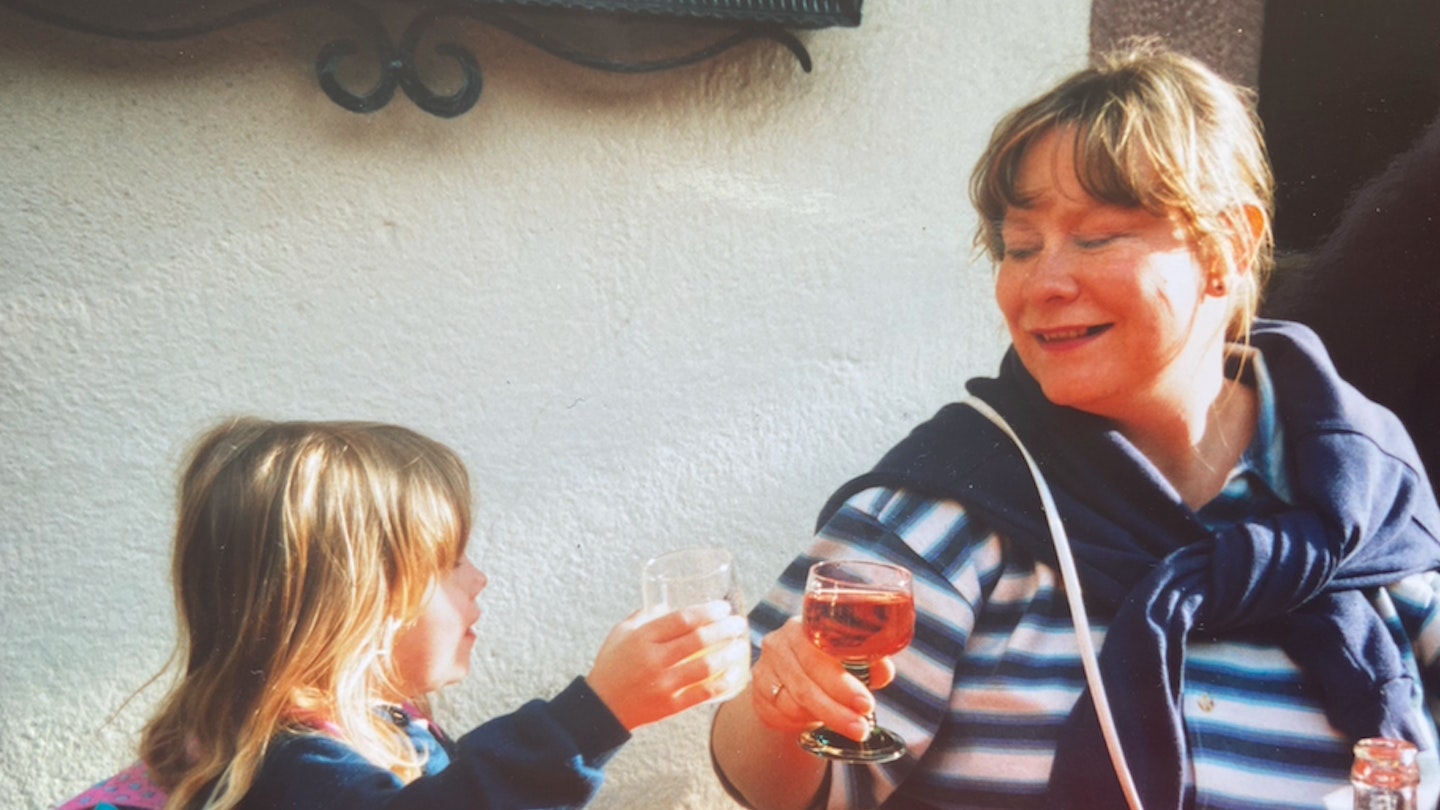It was 12 weeks and four days into my first pregnancy that I really wanted my mum. I wanted her when I saw the double pink line on the pregnancy test, of course. After I’d run downstairs to tell my partner Tom, Mum was the first person I wanted to share the news with – to see and hear her squawk down the phone screen to me in juicy delight. But in truth, I was too deliriously happy that Tom and I had managed to create a new life to feel sad that the person who had created me wasn’t there to celebrate it with us.
Fast forward to the eve of our first scan, and I felt very differently. A first trimester spent in lockdown, battling thick, soupy fatigue and constant nausea, had left me hungry for some motherly love. The sort of love that hops on a train down from Newcastle to stroke and cuddle and coo as you lie on the sofa feeling sorry for yourself. The sort that says ‘oh darling’, whilst making you another cup of tea and hot water bottle, reassuring you that you’ll feel better soon, and that it’ll all be worth it.
I wasn’t just hungry for Mum’s love and touch though, I was hungry for the motherly advice only she could give. And as we drove to the hospital to see our baby for the first time, I wished I could talk to her about her own experiences of pregnancy: what was her first trimester like? Did she too feel disconnected from her growing bean (me) because she was too busy feeling rotten. How did she cope with the ‘is my baby ok?’ nerves before each hospital appointment?
I’ve come to understand the loss of my mother more profoundly as the years go by, and with each child I’ve had
For author and mum-of-five Clover Stroud, the longing to talk to your mum about motherhood doesn’t diminish with time. “I’ve been a mum now for over twenty years, and I’ve come to understand the loss of my mother more profoundly as the years go by, and with each child I’ve had.” Clover’s mum Charlotte was severely brain-damaged after a riding accident in 1991 when Clover was 16, and died in 2013 after twenty-two years in full-time care. “We never got to have all of the big conversations that a woman and her mother might have – about both my experience as a mother and what hers was like too.” It’s also the small, everyday moments of connection that Clover still grieves. “The idea that I could go and sit in my mum’s kitchen when I’m feeling exhausted by parenting just feels so bizarrely extraordinary. Seeing other mothers out with their own mothers, or Grannies waiting at the school gates, or a friend telling you about how her mum is having the children during the week, can leave me at times feeling quite violently upset, and jealous too.”
It’s this kind of unflinching honesty about the realities of motherlessness, motherhood and family life that Clover documents over on her instagram @clover.stroud, as well as in her books The Wild Other (Hodder) and My Wild Sleepless Nights (Doubleday). “I think losing mum has made my experience of motherhood a lot more poignant. I find I’m always photographing everything – wanting to preserve moments whilst also living and feeling them deeply. It’s the same with my writing – I want to capture the messy and the sad, alongside the joyful.” As for the motherly advice she wishes she’d received back when she was pregnant with her first child? “I’d go back and tell myself that you’re doing something incredible, and also something really, really difficult, so please be kind to yourself and look after yourself as much as you possibly can along the way.”
Trying to glean insights from Dad feels more painful the longer my pregnancy goes on.
Like Clover, I’ve found I’m craving all the conversations over cups of tea that Mum and I would’ve had but didn’t, and now can’t. Because whilst so much advice around pregnancy and motherhood is just a google or book or podcast away, to have access to the intimate insights of the person who mothered you intimately is irreplaceable. I also want to hear all the stories I never got around to asking my mum about aged 16: the nitty gritty of her labour, how the first few months of having a newborn were for her, and what she wished she’d done differently. Trying to glean insights from Dad feels more painful the longer my pregnancy goes on, and the more questions I have. When he tells me about the meltdown Mum had a week after I was born, I want to know what brought it on, and how did she cope? And the stitches she received post-birth, did they really hurt? When he tells me Mum loved feeling me kick about in her tummy – I want to know when those kicks started, and did she have an anterior placenta too? But his stories lack colour and detail. “Tell me more,” I probe. “Can’t quite remember!” he replies – a half-related memory, half-remembered, forever lost.
Staying connected when there are so many stories left untold, and stories that won’t ever be lived, can feel hard. Tariro Mawoza, a pharmacist and PhD holder living and working in Harare, Zimbabwe, knows this feeling all too well. “My mum died when she was 35-years-old and I was nine, turning 10. I do have lots of photos of her in my house, and my children know about ‘gogo’ (as we call her in Zim) as I try to tell them about her sometimes, but as time goes on things escape my memory”. Learning to accept support and love from others, in Tariro’s case her mother-in-law and grandma, has been pivotal in helping her navigate motherless motherhood. “I had a difficult first pregnancy, which ended up with me giving birth at 26 weeks, losing a twin and staying in NICU for 64 days. I felt so alone, and like I really needed my mum in that time. But I’ve come to understand that it’s ok to take it slow, one day at a time, and to most importantly allow others help with the children. I was quite stubborn about receiving help with my first baby, but that’s all changed now!”
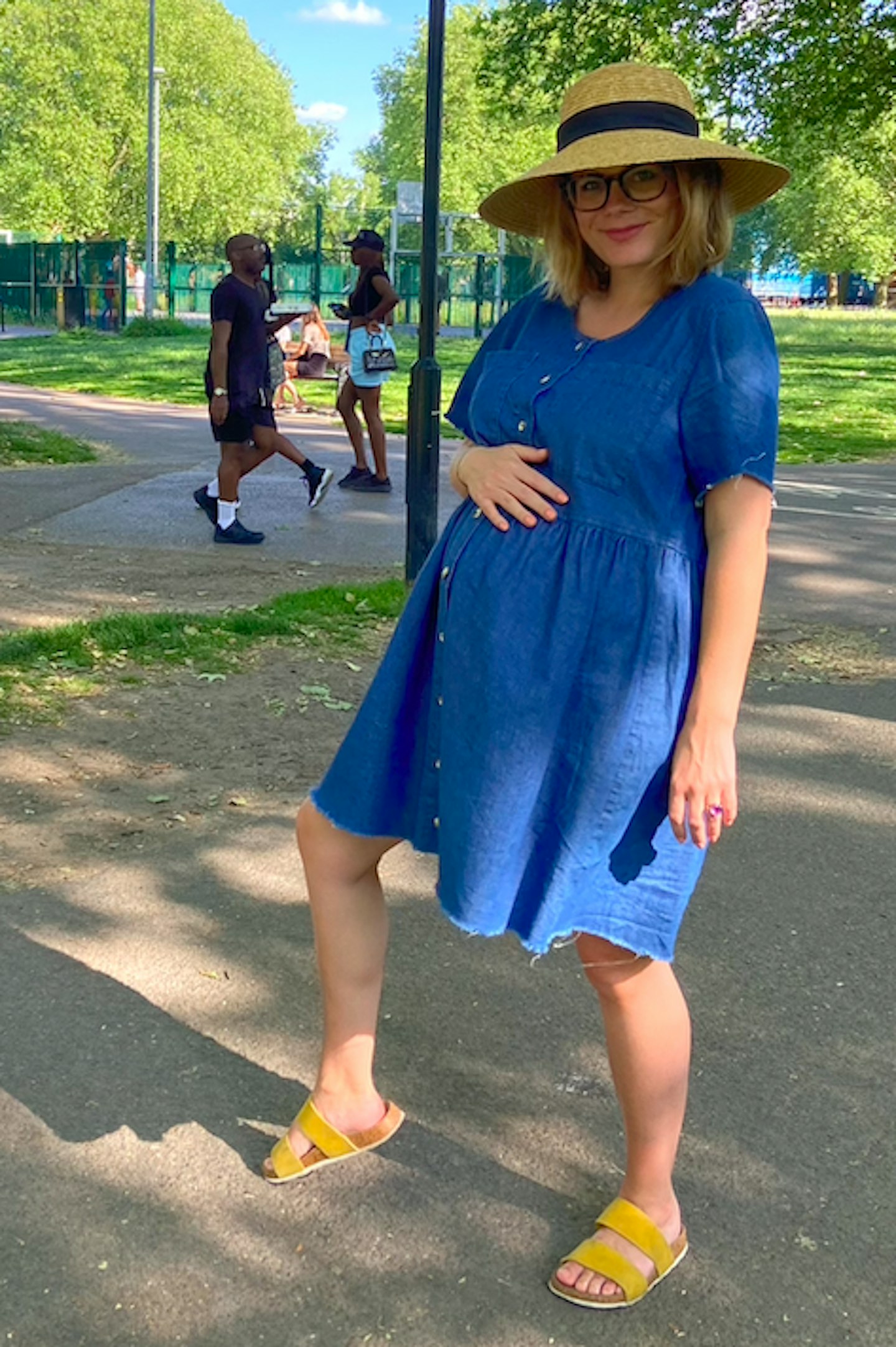
It’s these practicalities of motherhood – the day-to-day of being a mum without a mum – which I haven’t yet fully comprehended. For author Penny Wincer, it wasn’t in the immediate aftermath of new motherhood that she most missed her mum, but when her son was diagnosed with autism aged three. “That’s when I really felt I needed my mum’s support - both practically and emotionally. I remember looking at other women who had their own parents, parents-in-law, or one or two children with no support needs at all, and thinking: wow, I really need that more than ever right now, and I don’t have it. Just knowing that if she was still alive she would have most likely flown out from Australia and stayed with us for three-month stints at a time is hard.”
Penny writes in her book Tender: The Imperfect Art Of Caring (Coronet), about her experiences as a carer from age 12 for her mum, who died by suicide when Penny was 22, and now as a single mum to her son. “The implications of having a child with a disability and no family support structure around me means I’ve had to really invest in finding my people and building up my own support networks. I’ve also had rely heavily on paid-for support, and that can be hard because even in the best possible scenario, paid-for care isn’t consistent or long-term.”
As for the motherly advice she wishes she’d got along the way? “In many ways, my mother, and her illness, prepared me well for being a mum myself, and specifically one with a high-needs son. In her role as a mother and wife, my mum neglected many of her own needs, and pushed to one side a lot of things that needed attention. She made me promise never to do the same, and I haven’t. I make sure to prioritise my needs and really look after myself - and to not feel guilty about that too. Whether that means taking time away from my children when I need a break, or reaching out for help when I feel overwhelmed. I do this because I know it’s the only way to sustainably be there for my children long-term.”
Being able to recognise our needs as mothers, and as humans, and to not feel guilty about taking the steps to get those needs met feels like an important lesson for me. It’s a reminder of the ways we can all take steps to ‘mother’ ourselves - regardless of whether our actual mums are still around. It also made me reflect on how much of my mum’s ‘motherly advice’ already lives within me. I may never be able to ask her specifics, or to rely on the emotional and practical support of her being here now, but I do know that the very way in which I will love my children is a direct result of how I was loved. I know that Mum will live on in the mother I’ll become – in the gestures I’ll make, the things I’ll say, the family meals I’ll cook, the kisses I’ll give and, perhaps, in the ‘motherly advice’ I may myself offer up one day.
Best Parenting Books
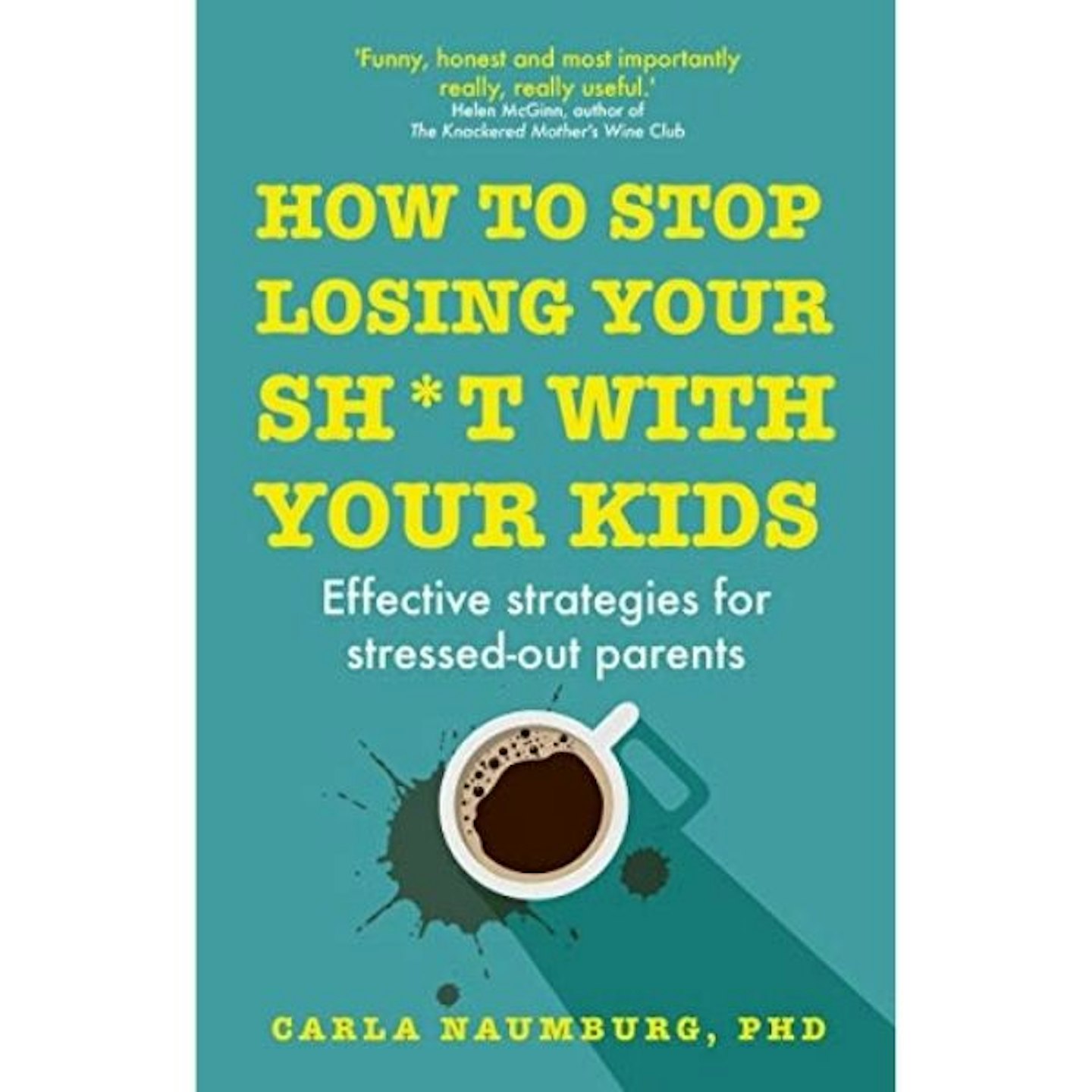 1 of 30
1 of 30How to Stop Losing Your Sh*t with Your Kids, By Carla Naumburg PhD
Pragmatic about helping you work through your sh*t to be a more present and positive parent. Increasingly relevant to today's parents, who are more overloaded, overwhelmed, and overworked than ever before, Carla Naumburg has the antidote to the feelings of complete despair and rage. With some humour too…
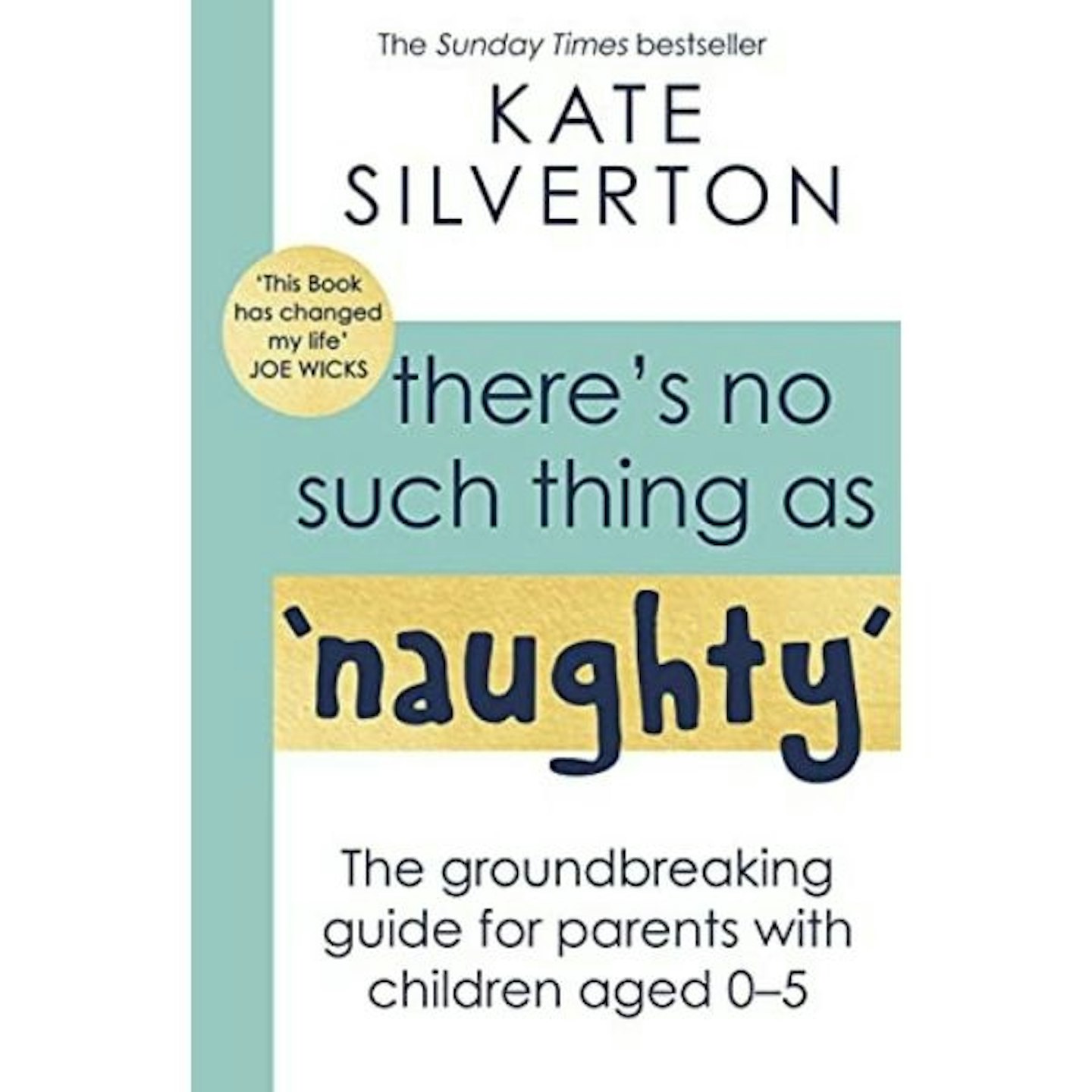 2 of 30
2 of 30There's No Such Thing As 'Naughty', By Kate Silverton
This Sunday Times Bestseller details the secret to tackling tantrums, tears and laying the foundations for your child's mental health. In There's No Such Thing As 'Naughty', mum to two young children, journalist and children's mental health advocate Kate Silverton shares her groundbreaking new approach to parenting under-fives that helps to make family life a breeze!
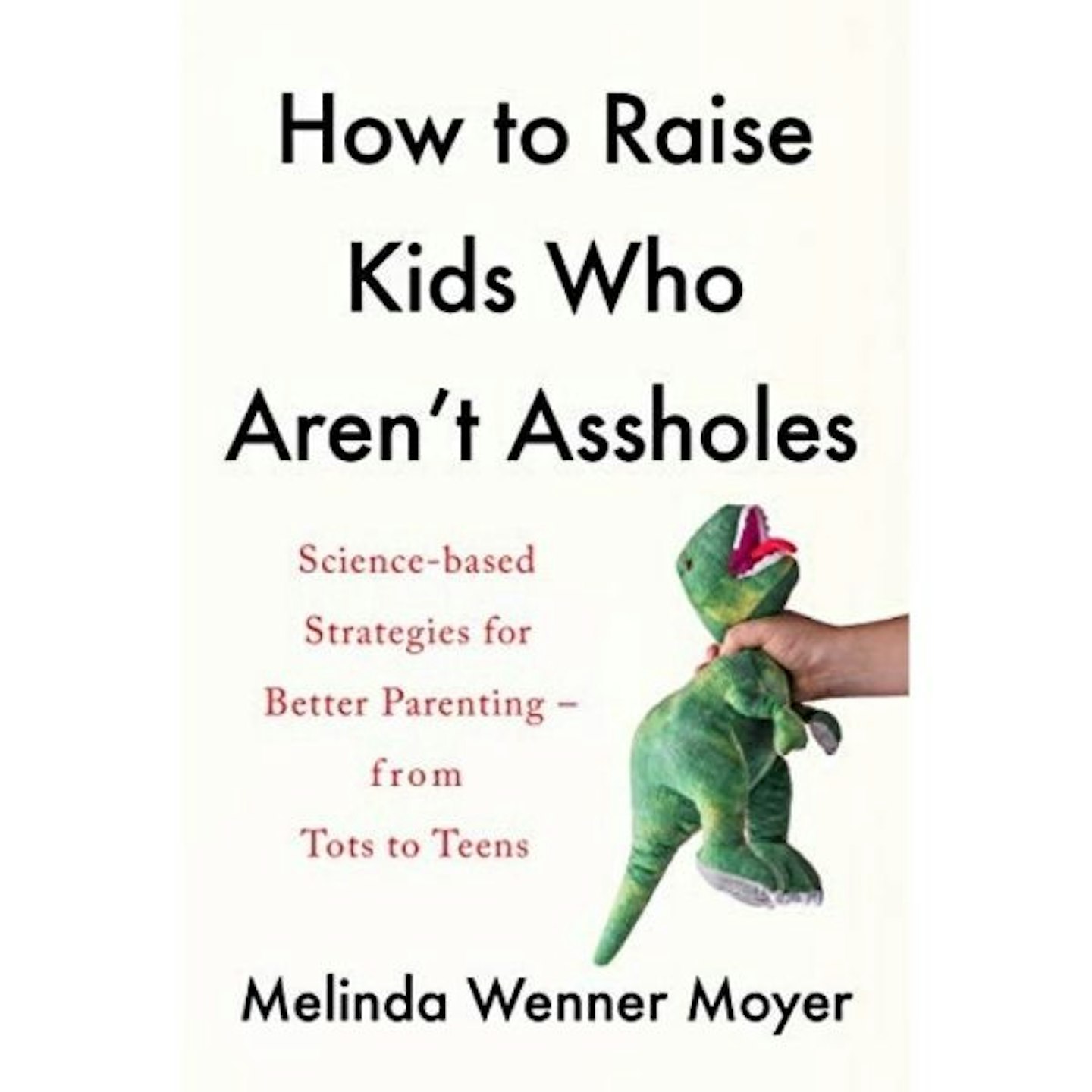 3 of 30
3 of 30How to Raise Kids Who Aren't Assholes, By Melinda Wenner Moyer
As Melinda's children grew, she found that one huge area was ignored in the realm of parenting advice: how do we make sure our kids don't grow up to be assholes? How to Raise Kids Who Aren't Assholes is a researched, evidence-based guide that provides a fresh, often surprising perspective on parenting issues, from toddlerhood through the teenage years.
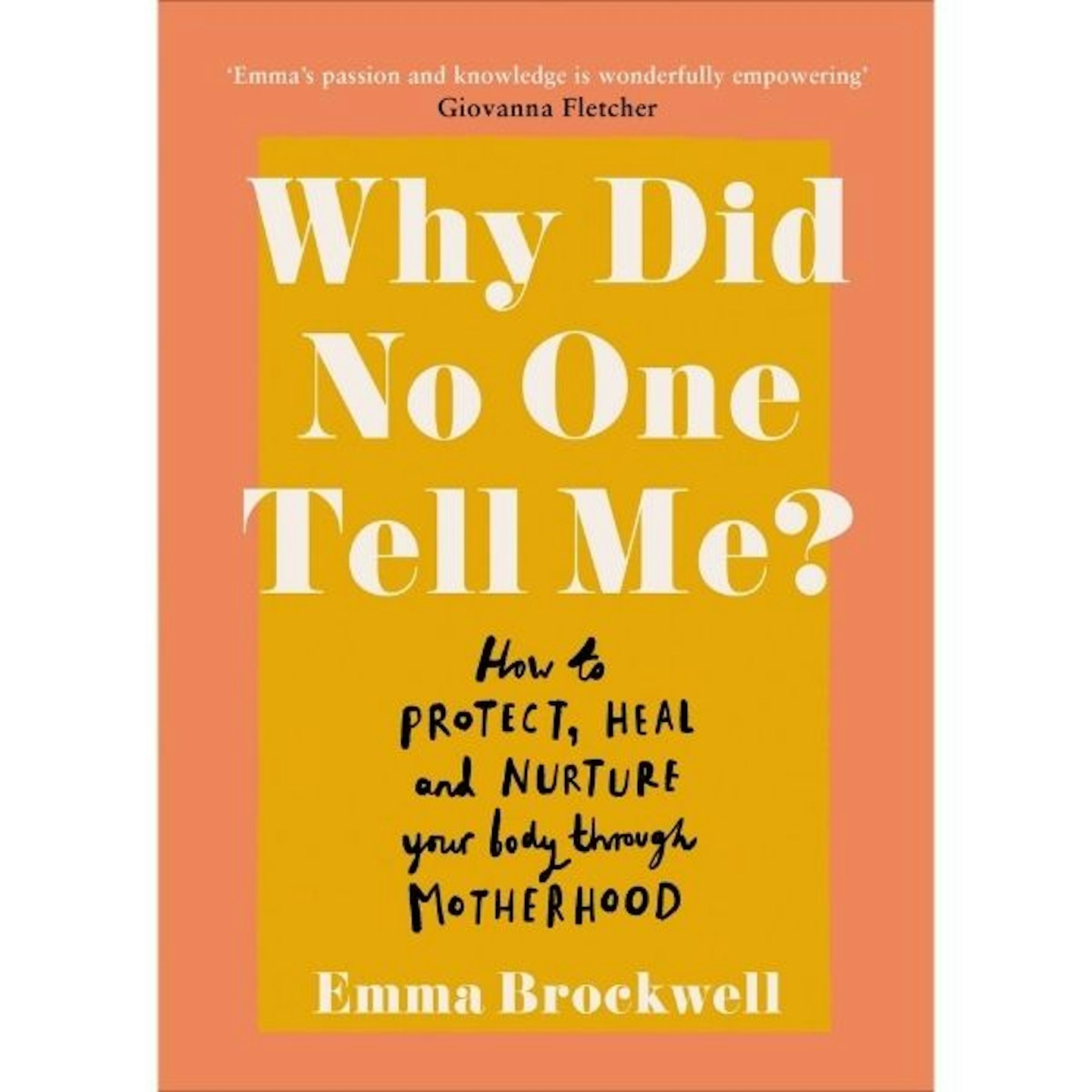 4 of 30
4 of 30Why Did No One Tell Me?: How to Protect Heal and Nurture Your Body Through Motherhood
For too long, women have been told that debilitating conditions following pregnancy are normal and something they have to just put up with. Emma Brockwell is on a mission to change this. In this guide, Emma combines her expertise as a specialist women's health physiotherapist with personal experience to create a warm and informative handbook to help pregnant women and new mums take control and care for their changing bodies. Find out how to:
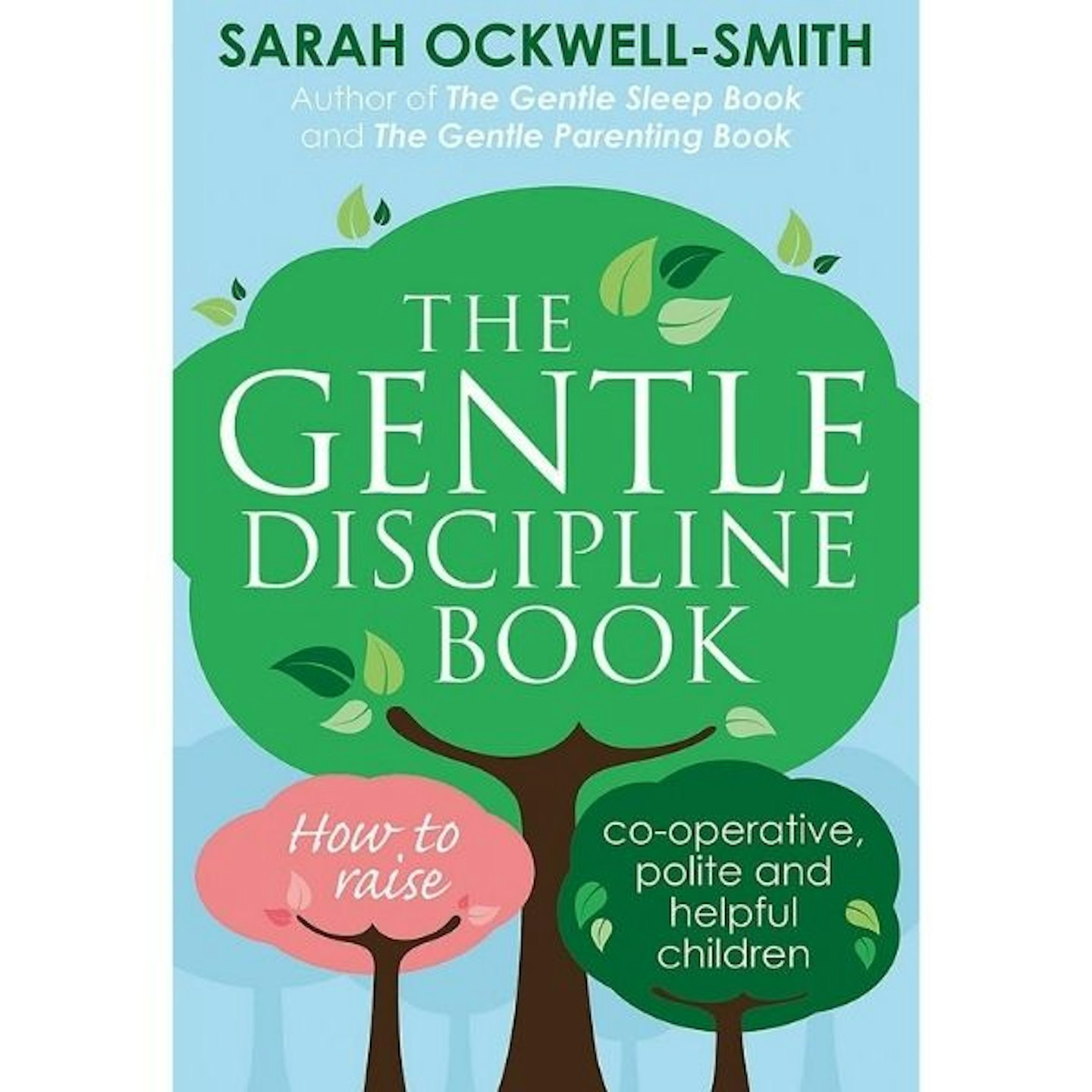 5 of 30
5 of 30The Gentle Discipline Book, By Sarah Ockwell-Smith
In The Gentle Discipline Book, Sarah Ockwell-Smith debunks many commonly held beliefs about punishment and motivation and provides an alternative approach that will empower you to discipline your child in an effective way and with respect. Gentle discipline is not about mollycoddling your child or being a pushover - it means understanding your child, having realistic expectations of them, and responding to their misbehaviour appropriately. It focuses on teaching and learning, not punishment or rewarding.
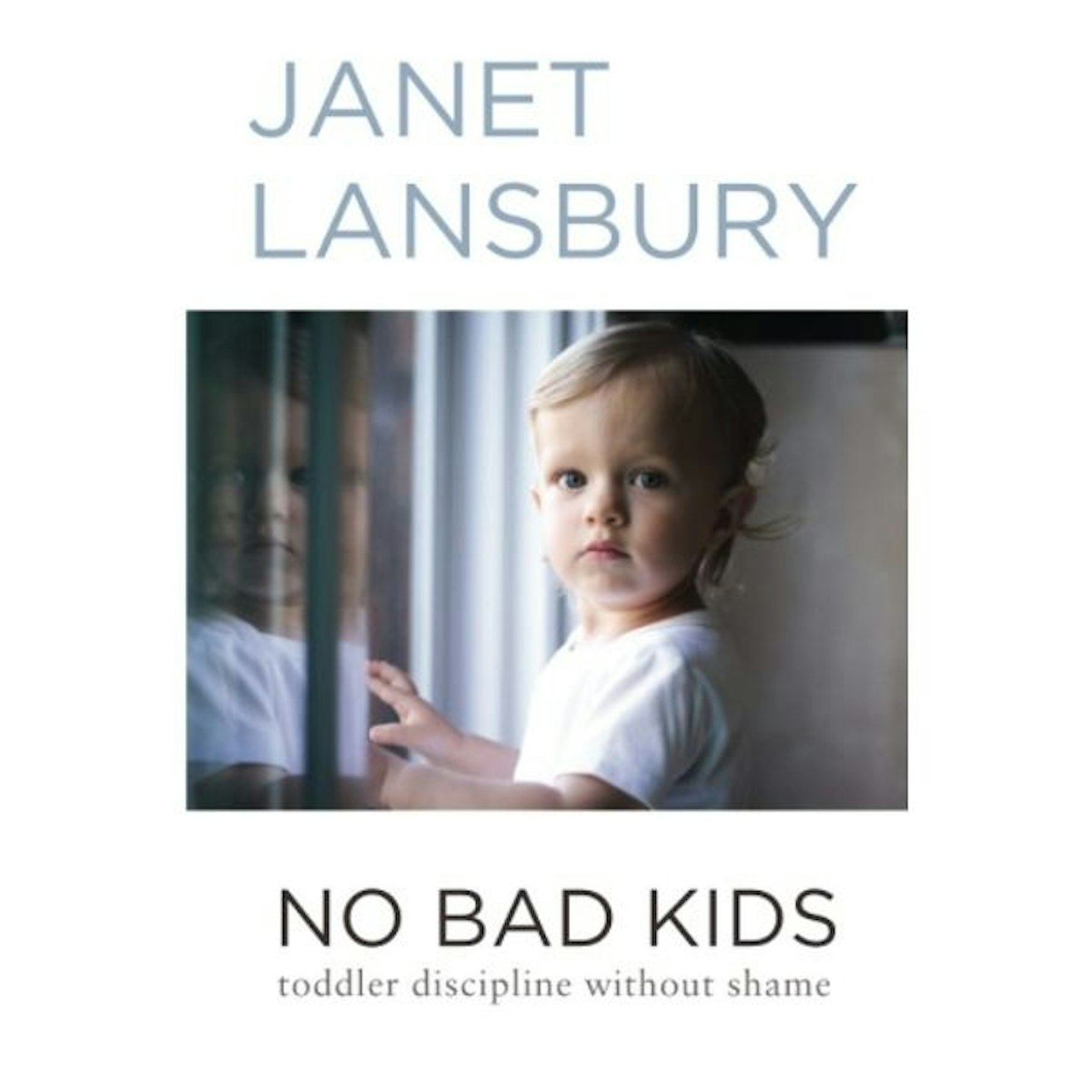 6 of 30
6 of 30No Bad Kids: Toddler Discipline Without Shame
No Bad Kids is a collection of Janet's most popular and widely read articles pertaining to common toddler behaviours and how respectful parenting practices can be applied to benefit both parents and children. It covers such common topics as punishment, cooperation, boundaries, testing, tantrums, hitting, and more.
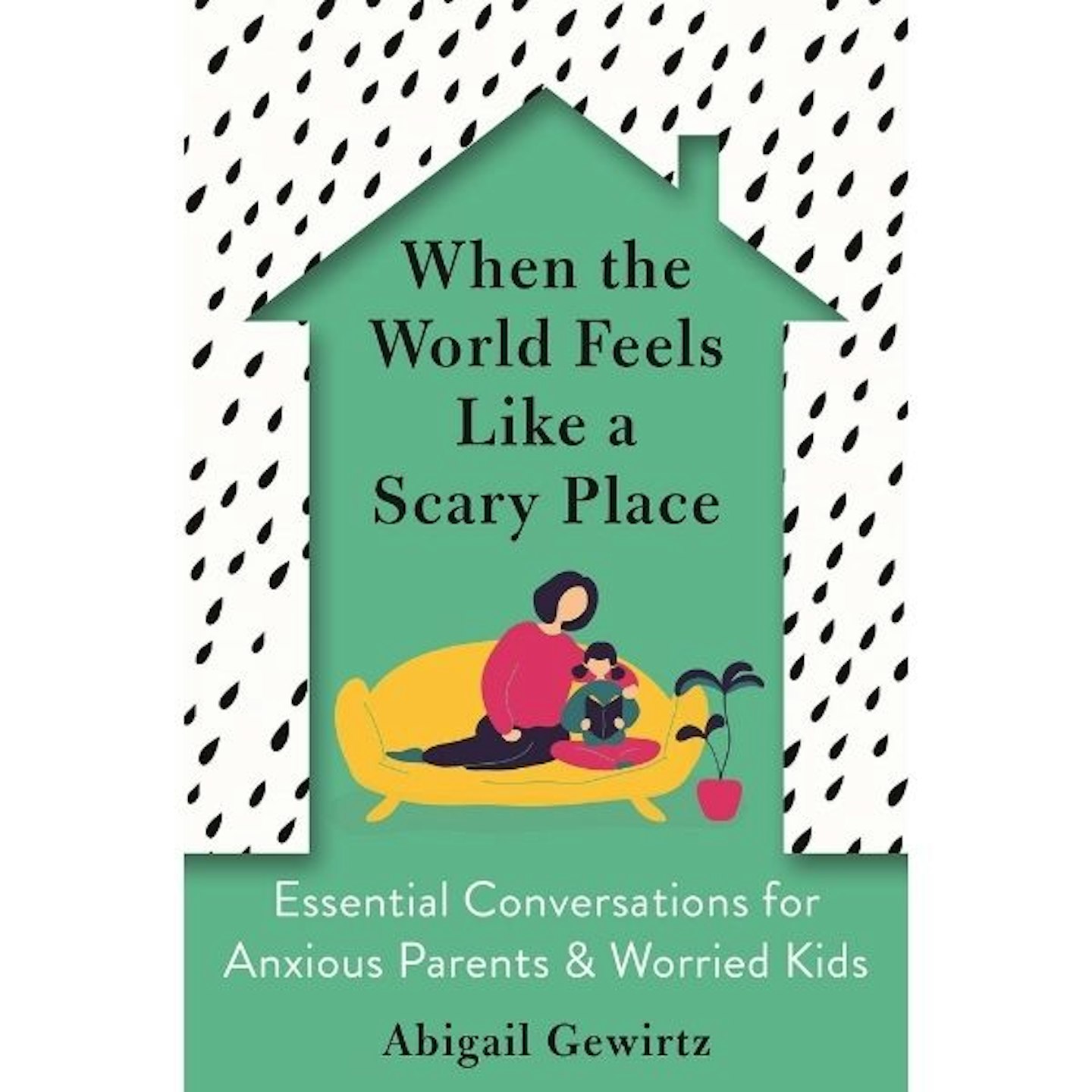 7 of 30
7 of 30When The World Feels Like A Scary Place, By Abigail Gewirtz
This book by prominent child psychologist Dr Abi Gewirtz, brings solutions to a problem that is only going to get worse - how bad things happening in the world affect our children, and how we can raise engaged and confident kids in spite of them. Through conversation scripts, talking points, prompts and insightful asides, When the World Feels Like a Scary Place is an indispensable guide to talking to our kids about the big things that worry them - making us calmer parents with more resilient children.
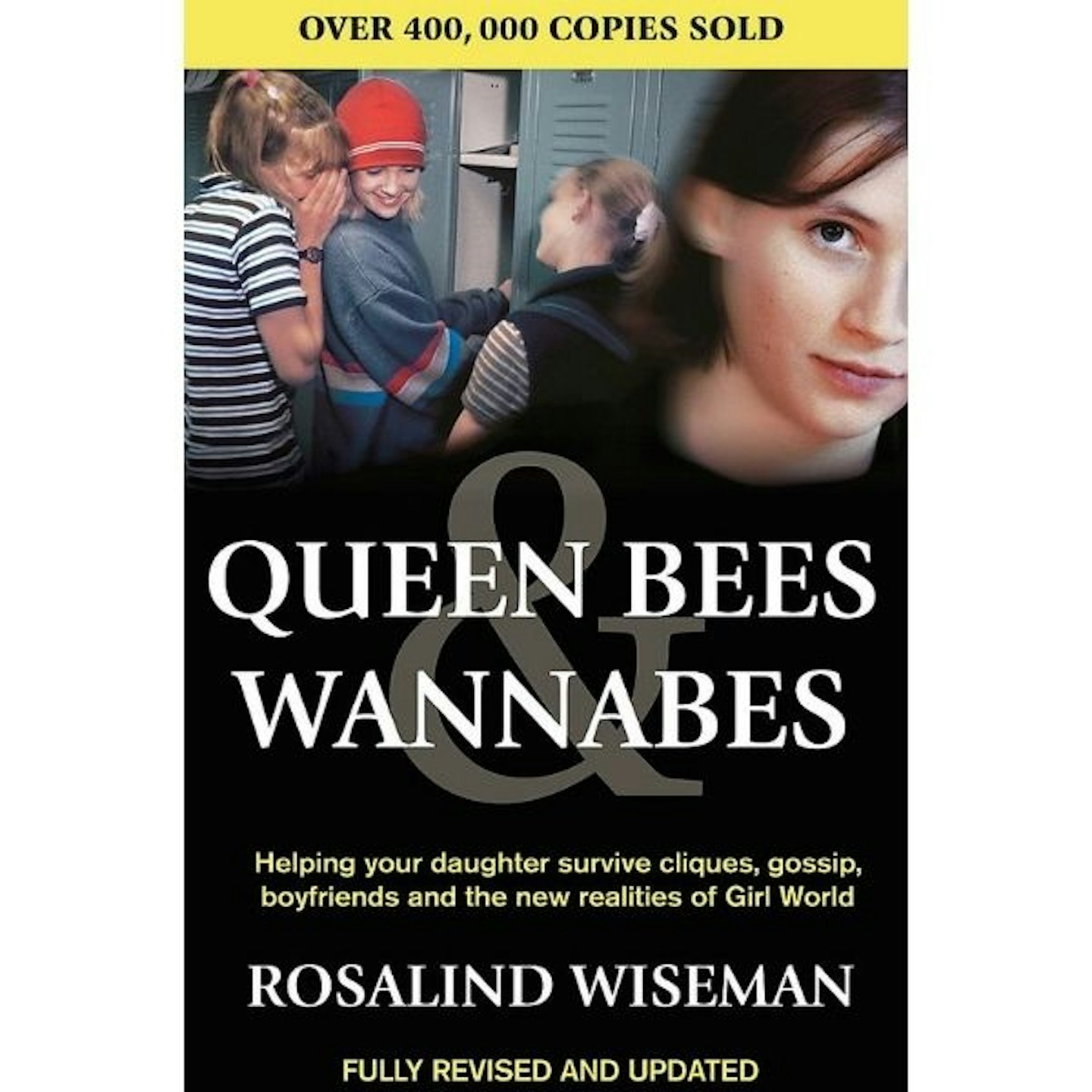 8 of 30
8 of 30Queen Bees and Wannabes
A revised and updated version of Rosalind Wiseman's groundbreaking book for a new generation of girls. Packed with insights about technology's impact on Girl World and enlivened with the experiences of girls, boys, and parents, the book that inspired the hit movie Mean Girls (YES REALLY) offers concrete strategies to help you empower your daughter to be socially competent and treat herself with dignity.
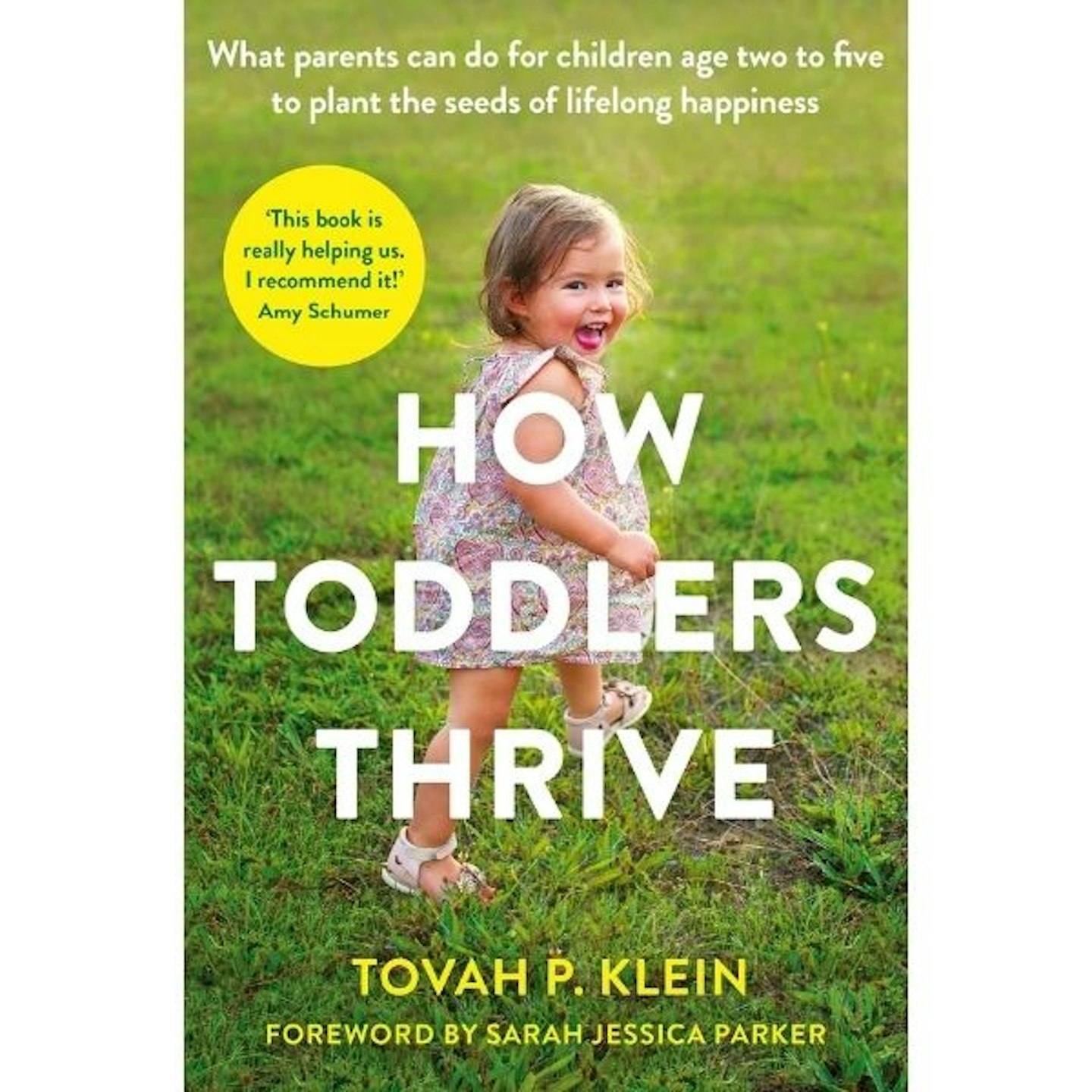 9 of 30
9 of 30How Toddlers Thrive, By Tovah P. Klein
Leading toddler expert Dr Tovah P. Klein reveals why age two to five is the most crucial time for a child's brain development and how parents can harness this period to have a lifelong positive effect on their children's lives. With chapters on everyday routines, tantrums, managing change and avoiding toddler shaming, this smart and useful guide promises to inspire you to be a better parent. Sarah Jessica Parker says: 'Tovah taught me how to resist the temptation to fix everything, and instead give my children the opportunity to learn how to problem-solve for themselves.'
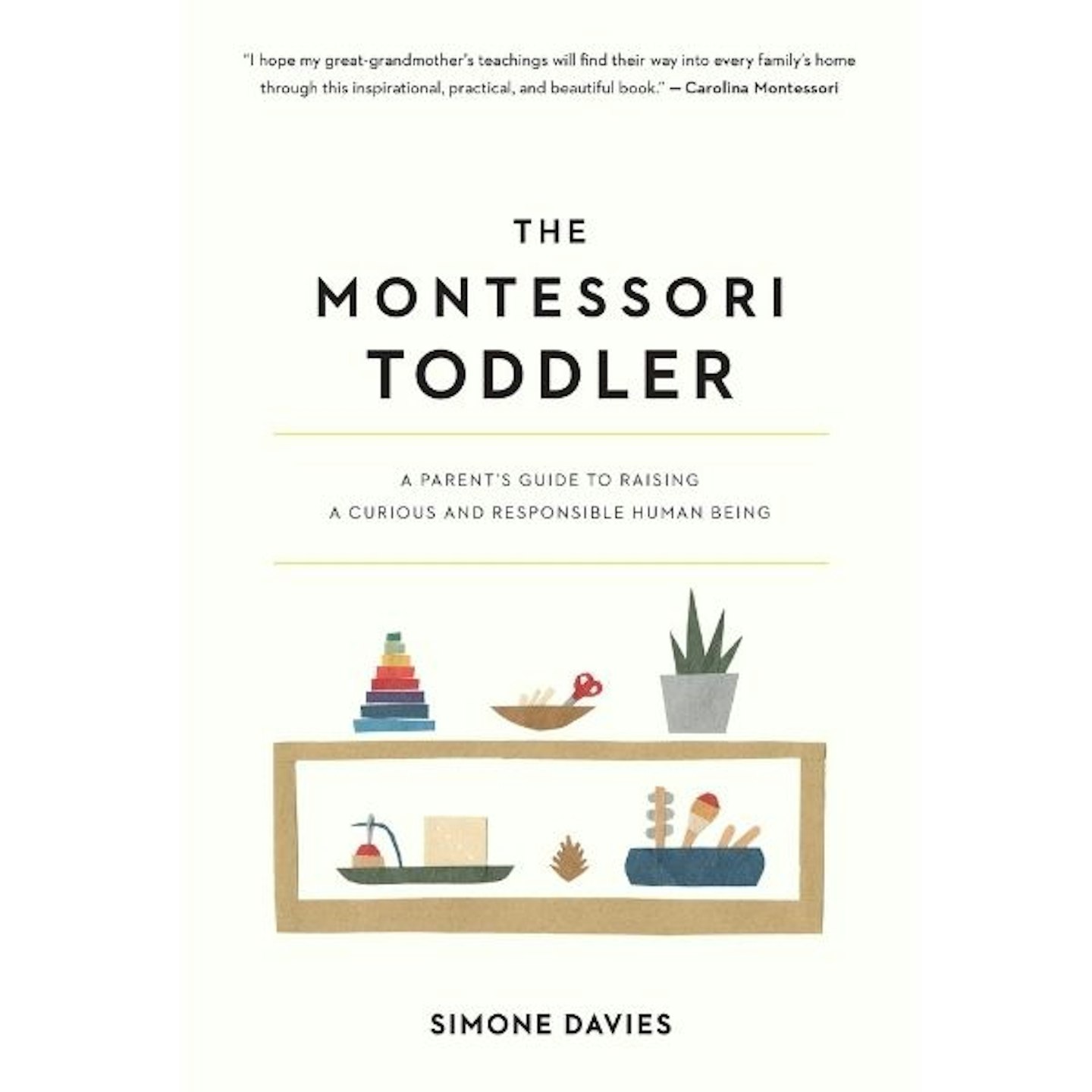 10 of 30
10 of 30The Montessori Toddler
This book promises to not only help you become a more effective parent but actually change how you see your children. Written by Montessori educator Simone Davies, this book shows you how to bring the educational values of a Montessori classroom into your home-while
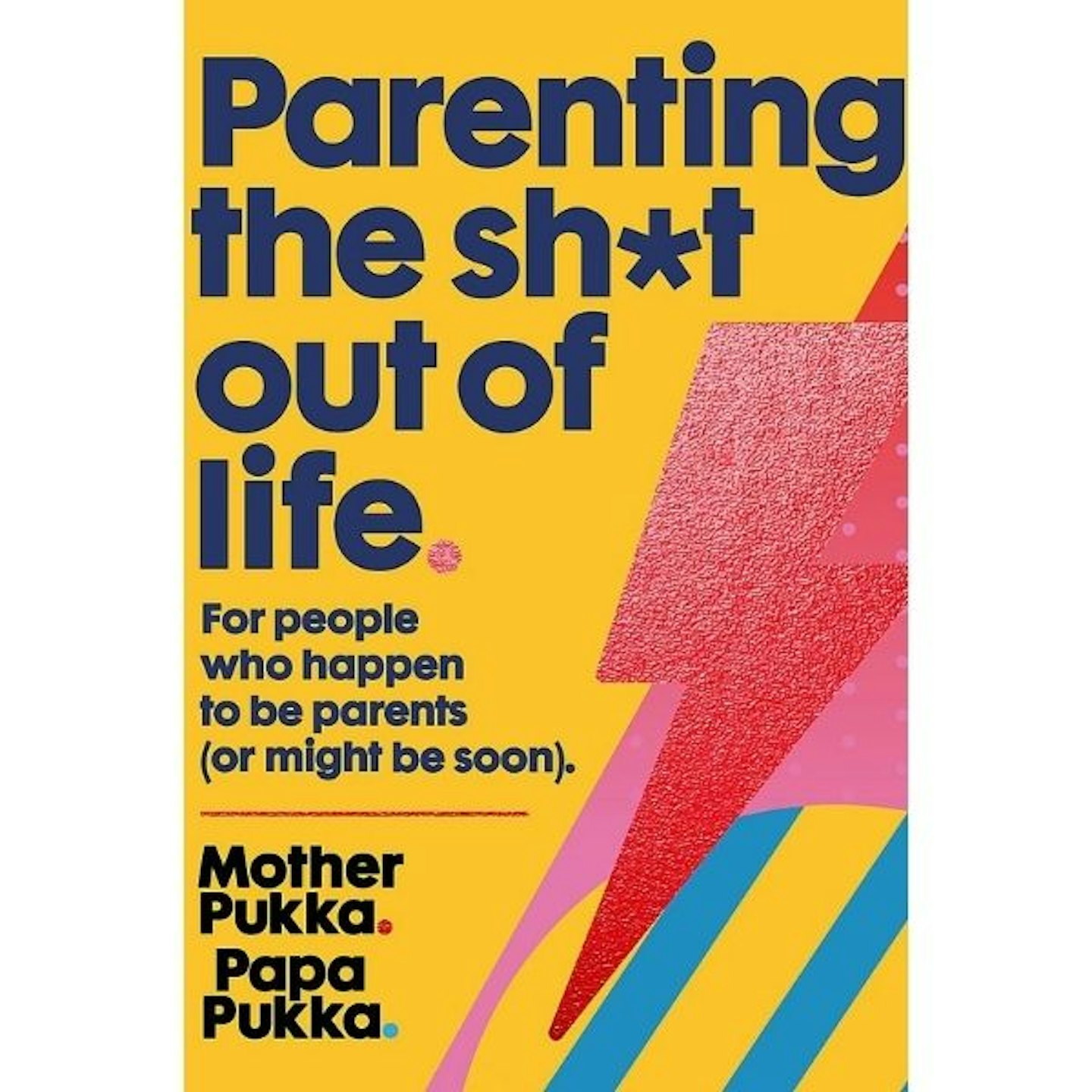 11 of 30
11 of 30Parenting The Sh*t Out Of Life
From Grazia columnist Anna Whitehouse aka Mother Pukka and Matt Farquharson aka Papa Pukka, comes the Sunday Times bestselling account of parenting told from both perspectives, and a handy guide (kind of) on how to raise a small human. The must-read for all parents and parents-to-be - and possibly the best (or worst) baby shower gift you could ever give a prospective mum or dad...
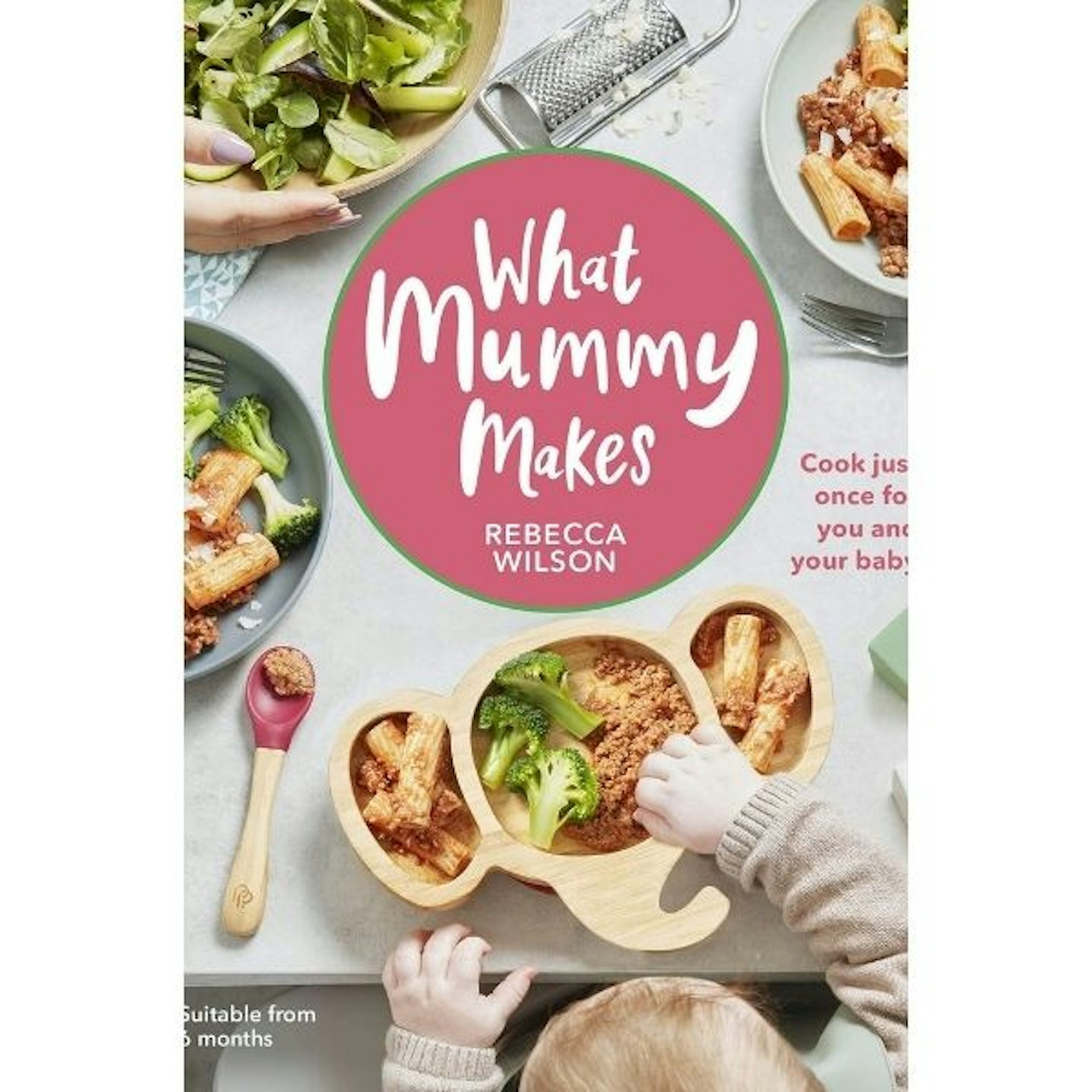 12 of 30
12 of 30What Mummy Makes
Promising 130 recipes that will suit six-month-olds AND the rest of the family, this book could save you a lot of hassle when it comes to dinnertime…
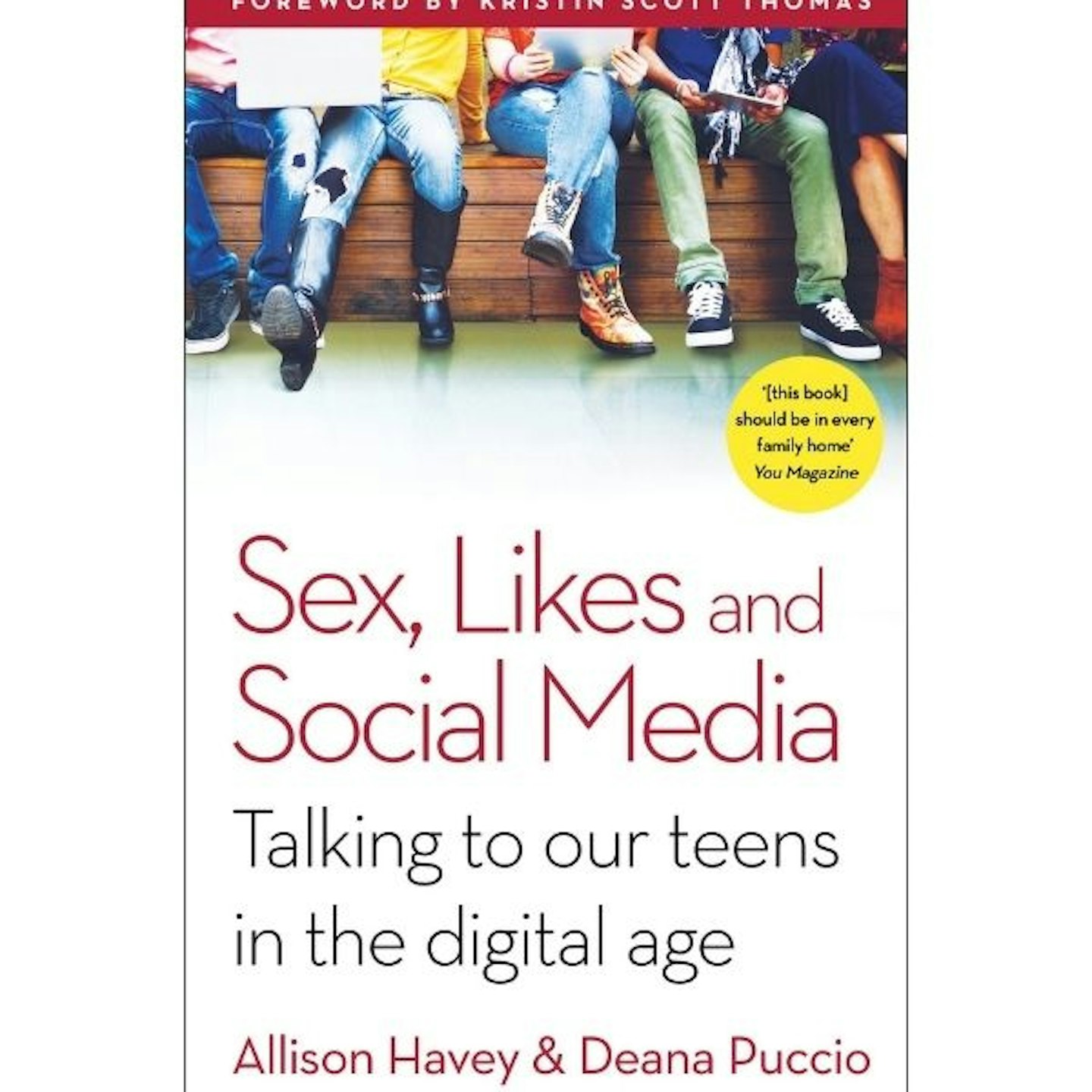 13 of 30
13 of 30Sex, Likes And Social Media: Talking To Our Teens In The Digital Age, By Deana Puccio And Allison Havey
Based on their professional work with young people, parents and teachers – and their experiences with their own children – Deana Puccio and Allison Havey give you the tools to talk to children who are digital natives with experiences wildly different from their parents'.
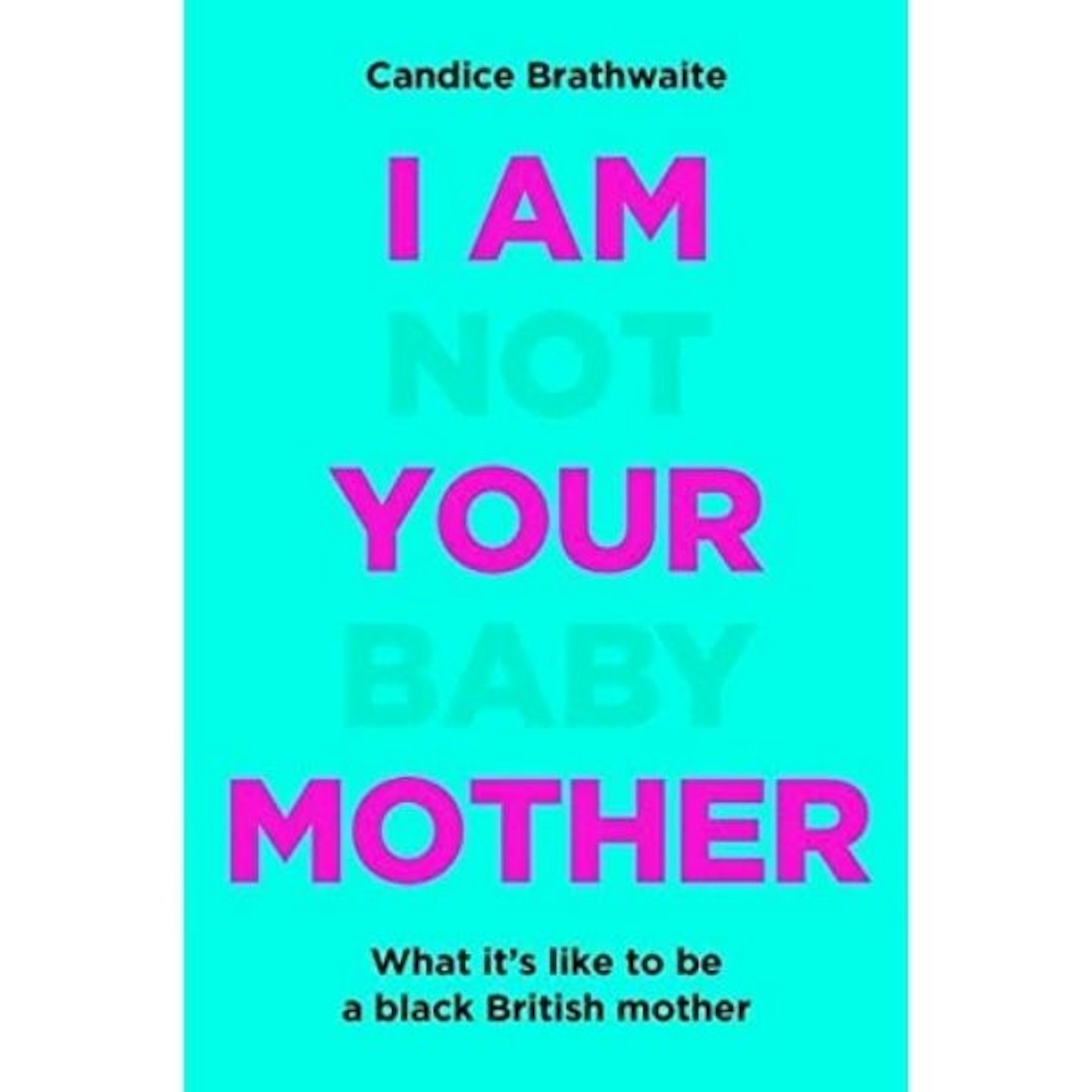 14 of 30
14 of 30I Am Not Your Baby Mother
A thought-provoking, urgent and inspirational guide to life as a Black mother. It explores the various stages between pregnancy and waving your child off at the gates of primary school while facing hurdles such as white privilege, racial micro-aggression and unconscious bias at every point. Candice does so with her trademark sense of humour and refreshing straight-talking, and the result is a call-to-arms that will allow mums like her to take control, scrapping the parenting rulebook to mother their own way.
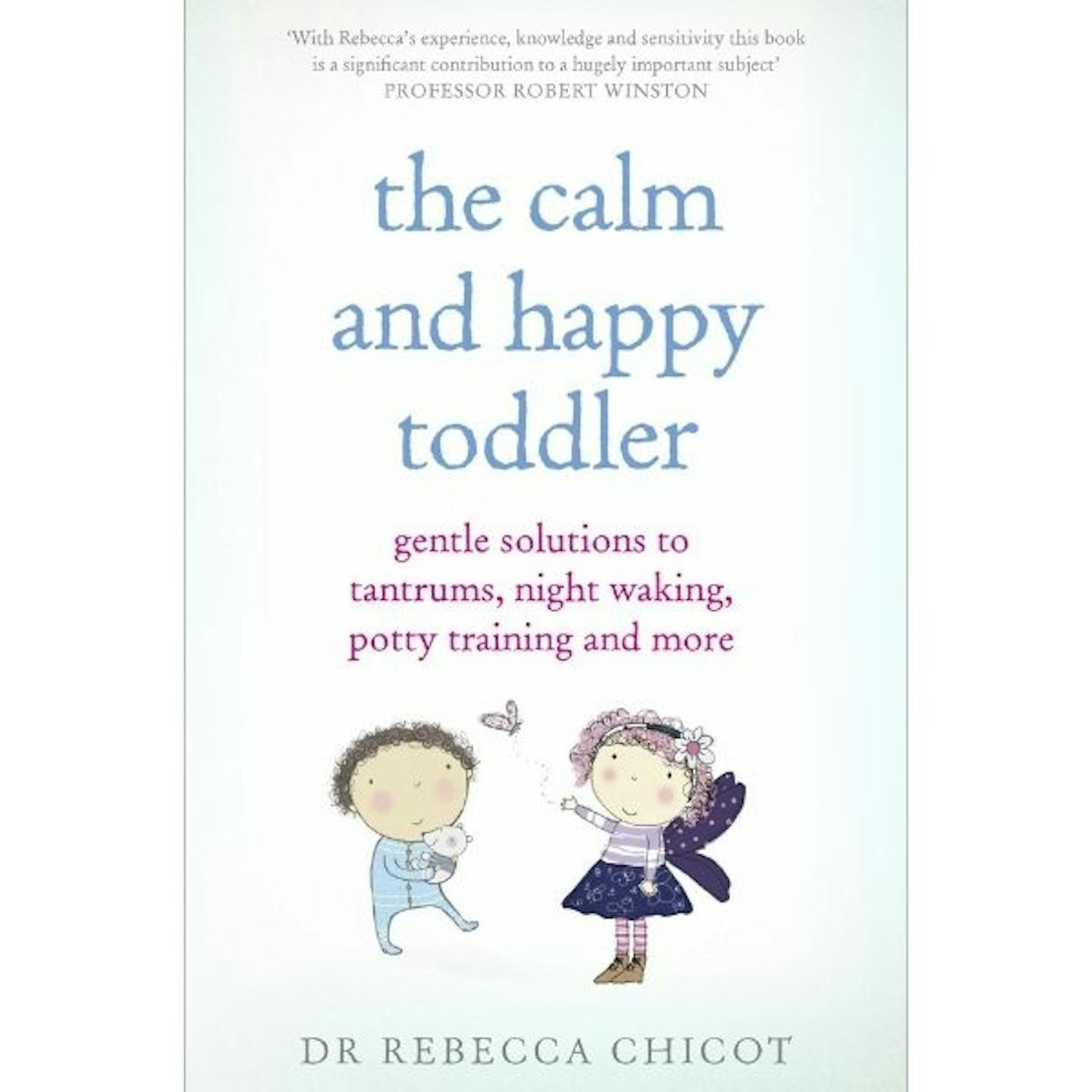 15 of 30
15 of 30The Calm And Happy Toddler, By Dr Rebecca Chicot
You think a newborn is the hard bit… and then you meet your little toddler. This book promises to help you, gently, through tantrums, night-waking, potty-training and all the fun stuff that goes with having a toddler. Dr Rebecca Chicot has a PhD in Parenting and Child Development from Cambridge University.
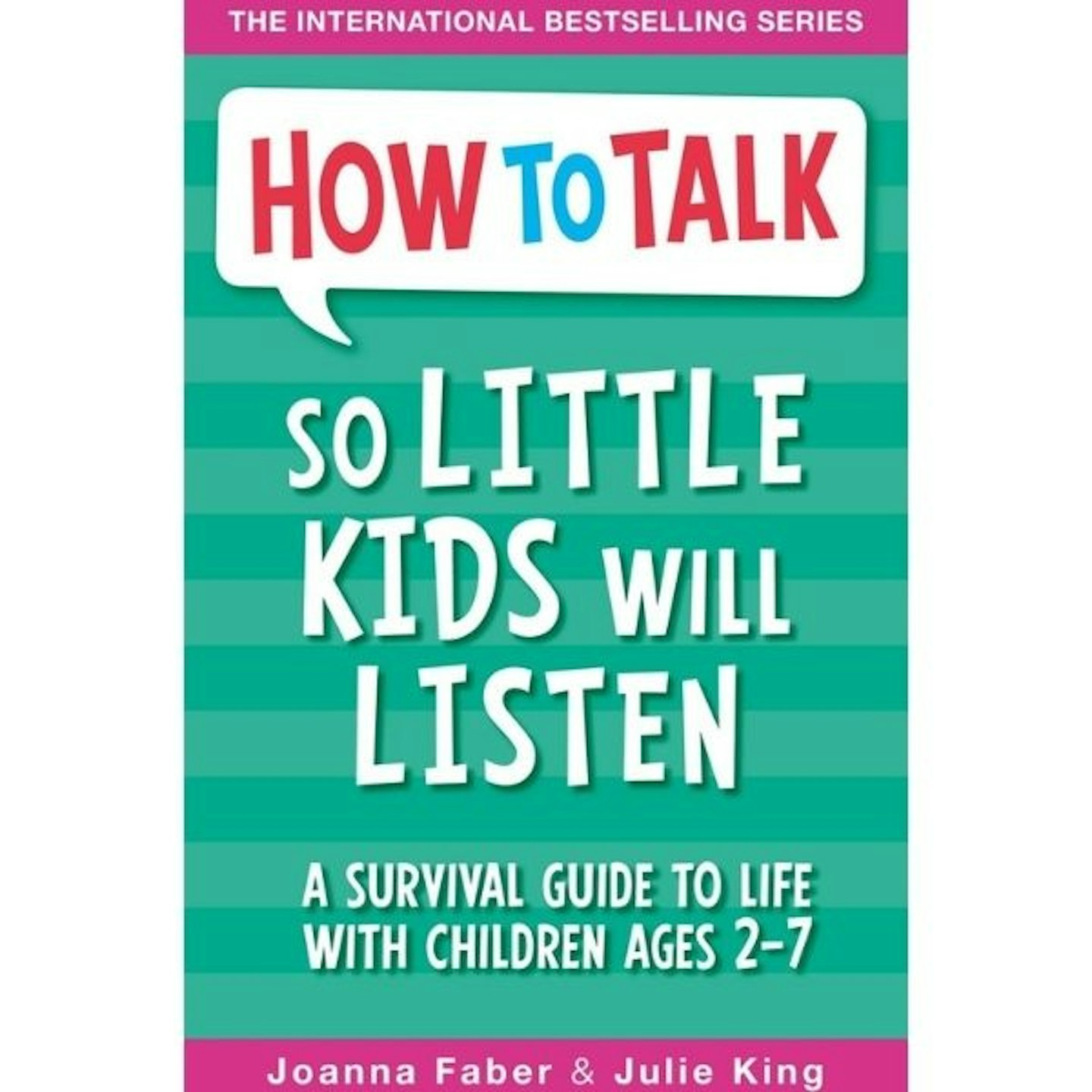 16 of 30
16 of 30How To Talk So Little Kids Will Listen
Tried and tested communication strategies to survive - and thrive - with kids ages 2-7. Users have rated this book for having a helpful toolbox of tricks that are easy to understand and carry out.
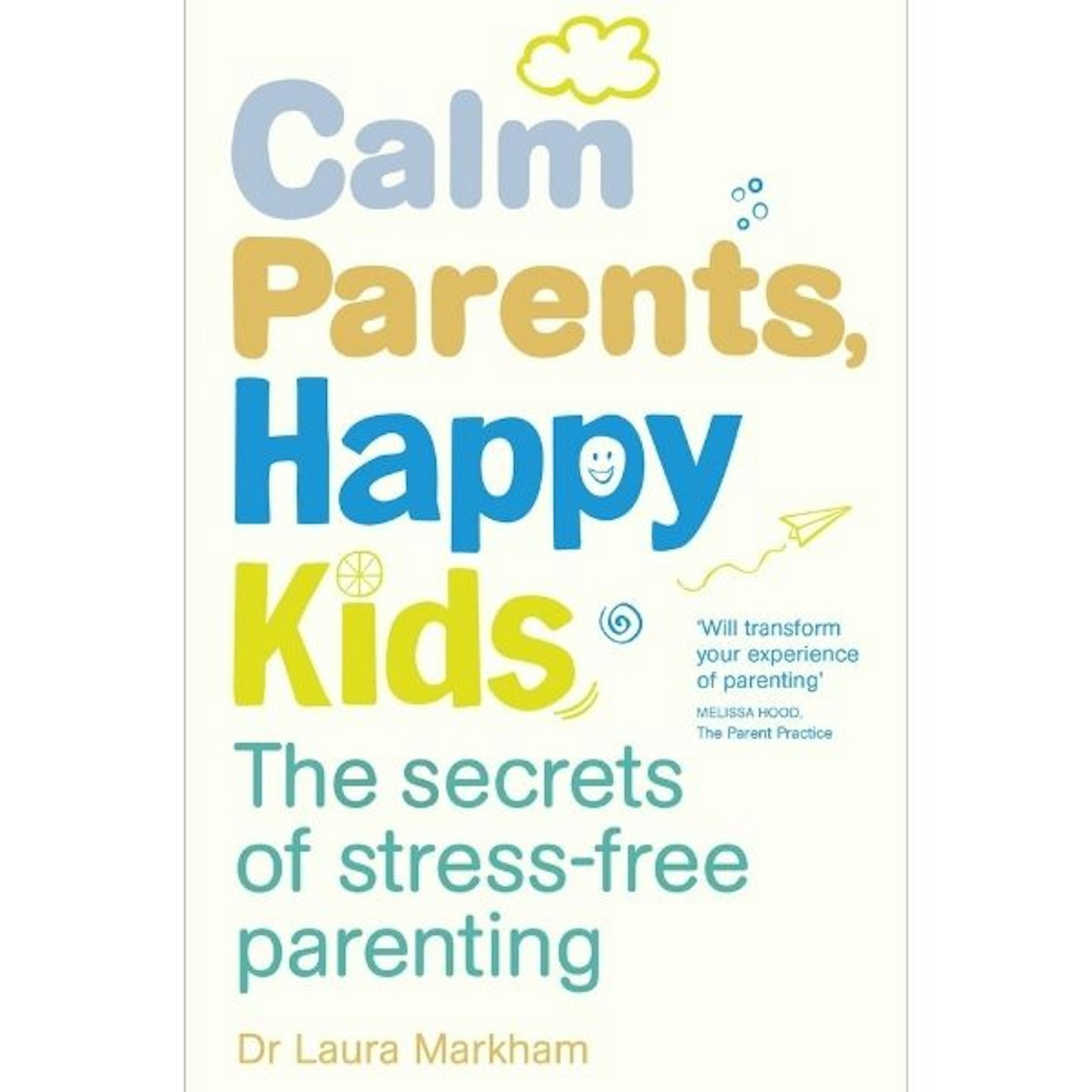 17 of 30
17 of 30Calm Parents, Happy Kids: The Secrets Of Stress-Free Parenting, By Dr Laura Markham
Most parenting books focus on changing a child's behaviour, but this book says the truth is that children only change when their relationship with their parents changes. In Calm Parents, Happy Kids, Dr Laura Markham introduces an approach to parenting that eliminates threats, power struggles and manipulation, in favour of setting limits with empathy and communication. Bringing together the latest research in brain development with a focus on emotional awareness (for both parents and children), it will appeal to all parents who don't want to force their children into compliance and lose their temper, but want to keep calm and help their children want to behave.
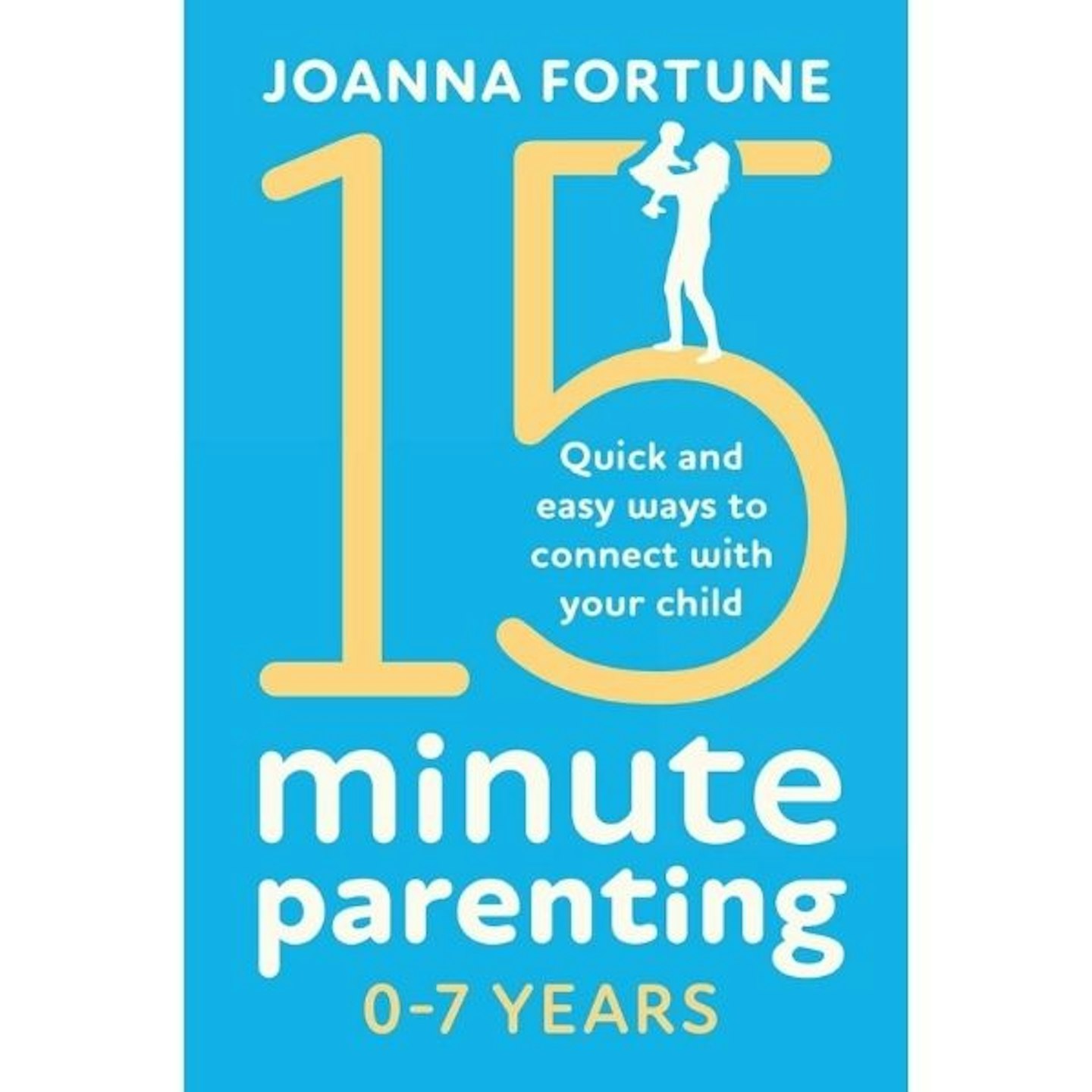 18 of 30
18 of 3015-Minute Parenting 0-7 Years: Quick And Easy Ways To Connect With Your Child, By Joanna Fortune
This also comes in a version for 8-12-year-olds and posits that just 15 minutes of mindful playtime each day in your and your child's routine could change behaviour. Created with busy parents in mind, psychotherapist and parenting expert Joanna Fortune has devised a simple but effective method to build quality playful time together at home, structured around 15-minute games that can be easily incorporated into your existing daily routine.
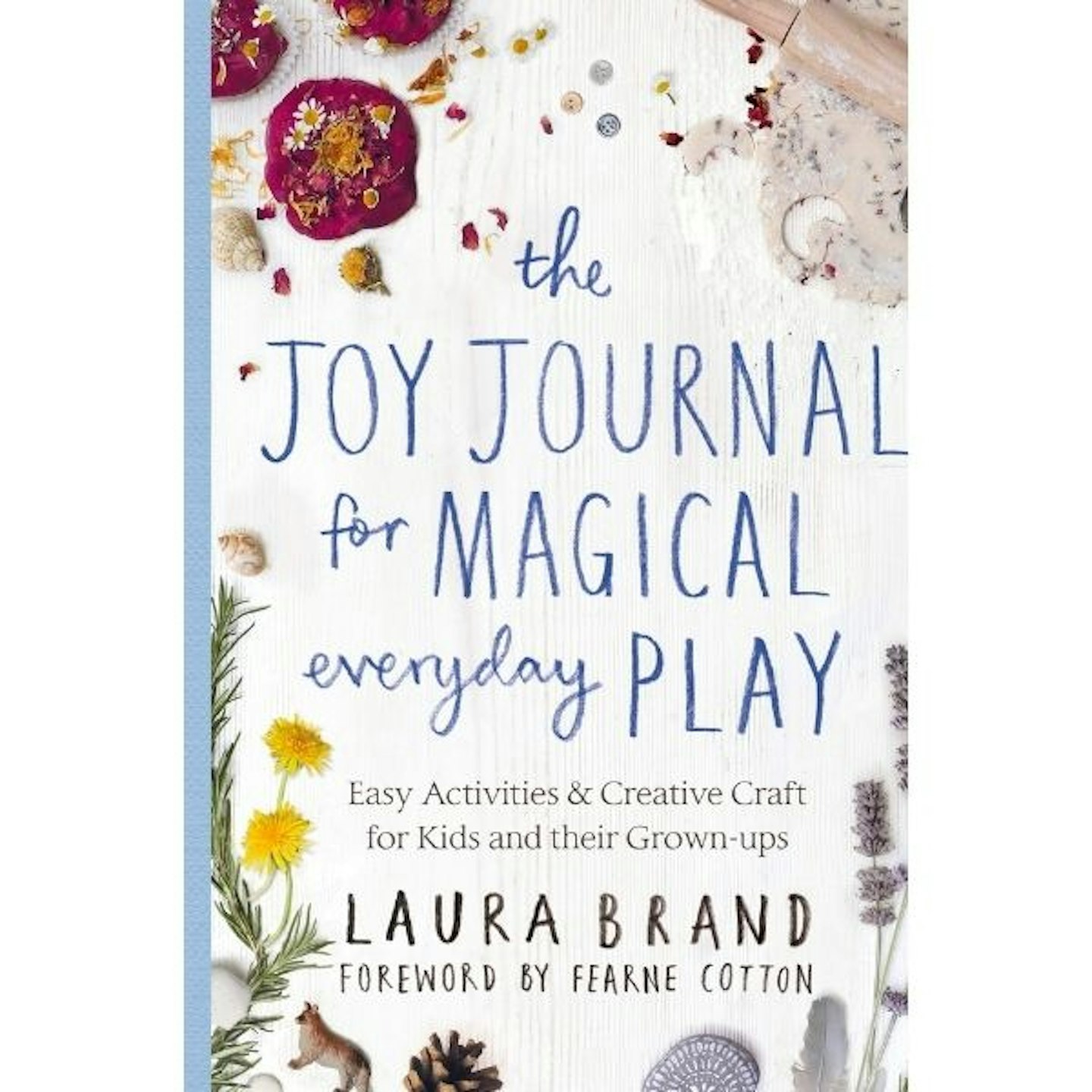 19 of 30
19 of 30The Joy Journal for Magical Everyday Play
With a foreword written by Fearne Cotton and written by Russell Brand's wife and mother to his two children, this book has star ratings. But it's also hugely useful and full of games and tips to keep children preoccupied in ways that don't involve screens, which everyone knows is very much half the battle of parenthood...
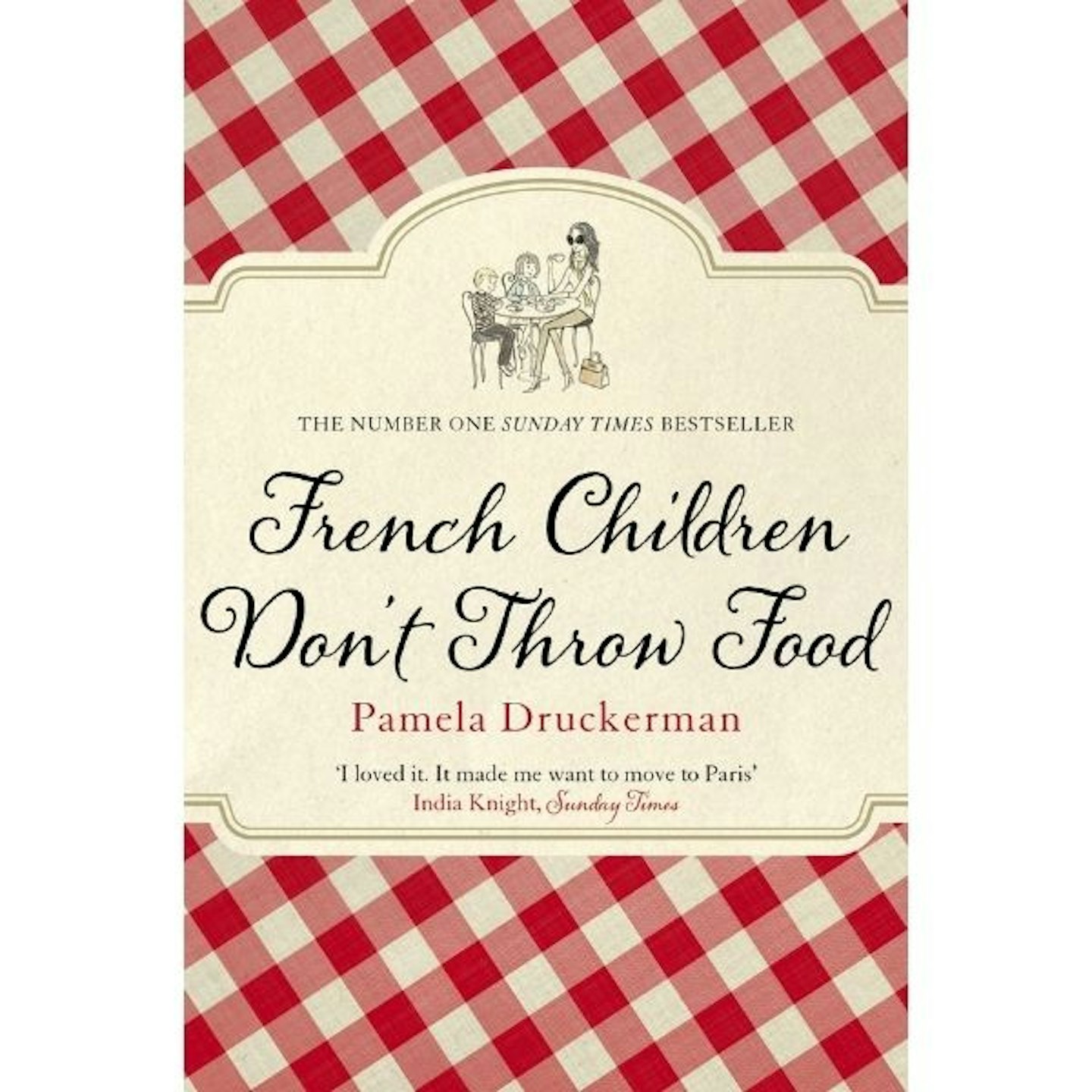 20 of 30
20 of 30French Children Don't Throw Food
Part travel book and autobiography, this book shares journalist Pamela's parenting tips she learned from living in France. And, for added glam, it's set to be made into a film, starring Anne Hathaway...
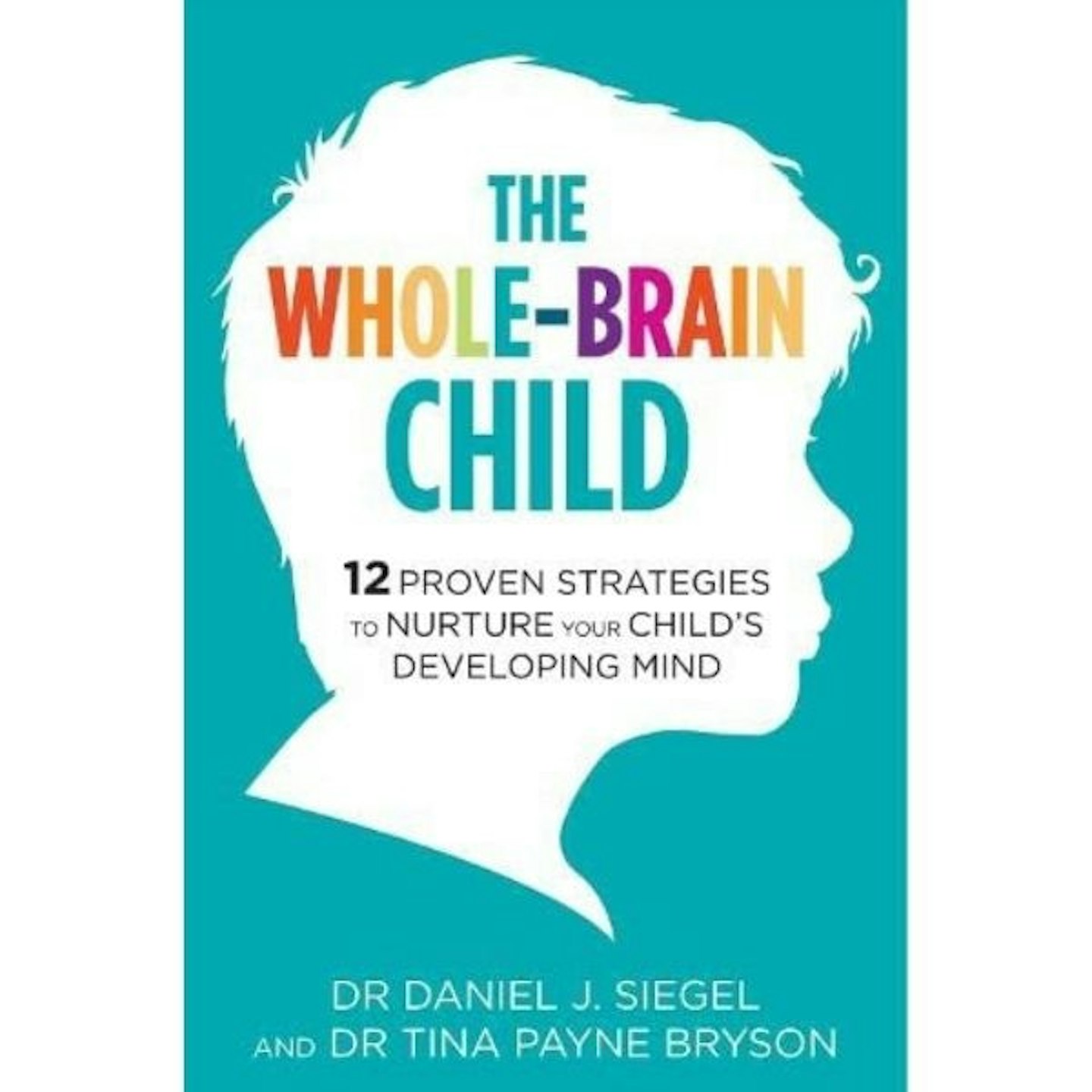 21 of 30
21 of 30The Whole-Brain Child
Designed to help children of different ages, this pioneering, practical book for parents, neuroscientist Daniel J. Siegel and parenting expert Tina Payne Bryson explain the new science of how a child's brain is wired and how it matures. Different parts of a child's brain develop at different speeds and understanding these differences can help you turn any outburst, argument, or fear into a chance to integrate your child's brain and raise calmer, happier children.
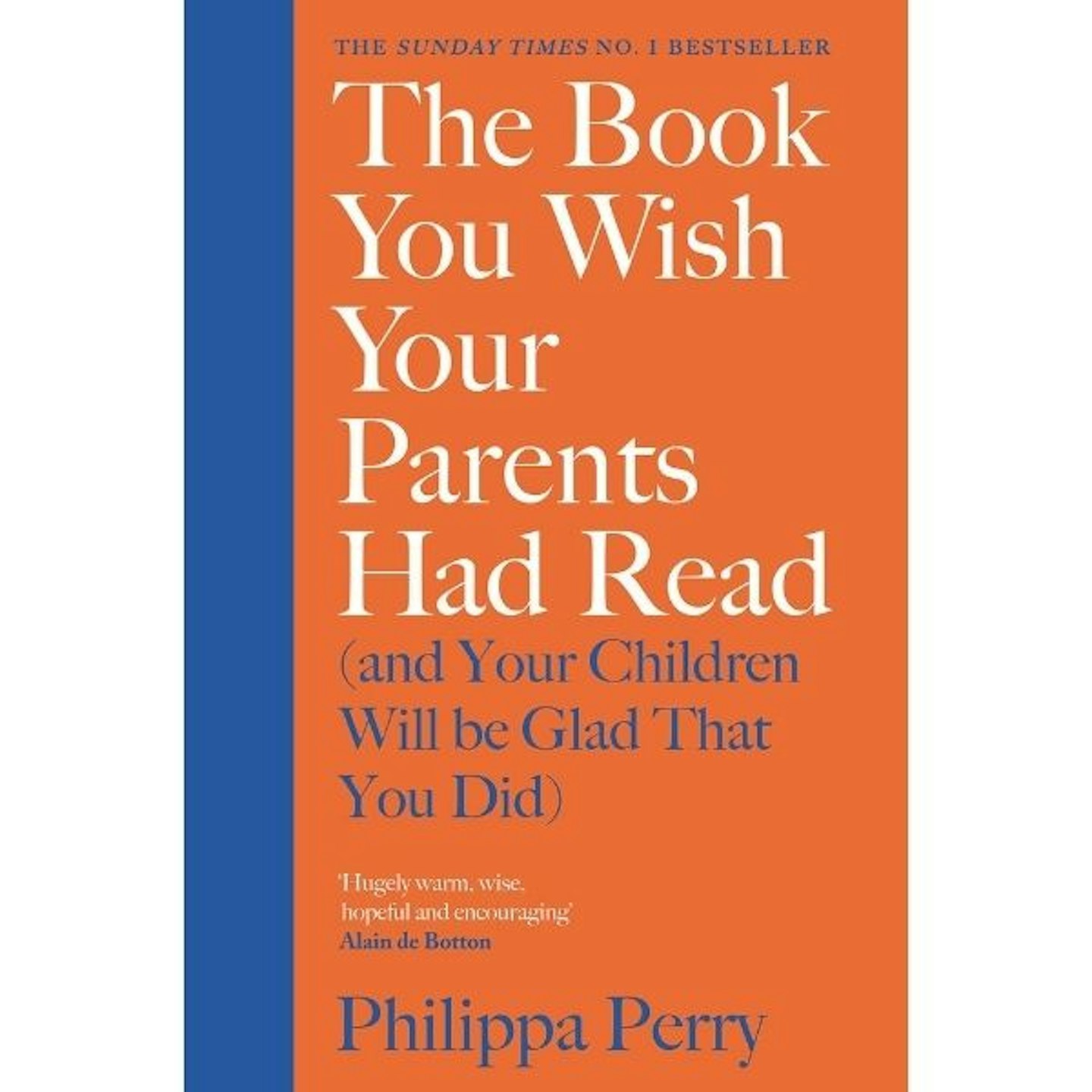 22 of 30
22 of 30The Book You Wish Your Parents Had Read (And Your Children Will Be Glad That You Did), By Philippa Perry
Philippa Perry has been a psychotherapist for the past twenty years. She lives in London with her husband the artist Grayson Perry, and they have a grown-up daughter, Flo. Billed as a book for parents and children (and those who aren't yet parents), this book comprehensively covers lots of different stages of life and has a host of celebrity fans from Nigella Lawson to Fearne Cotton.
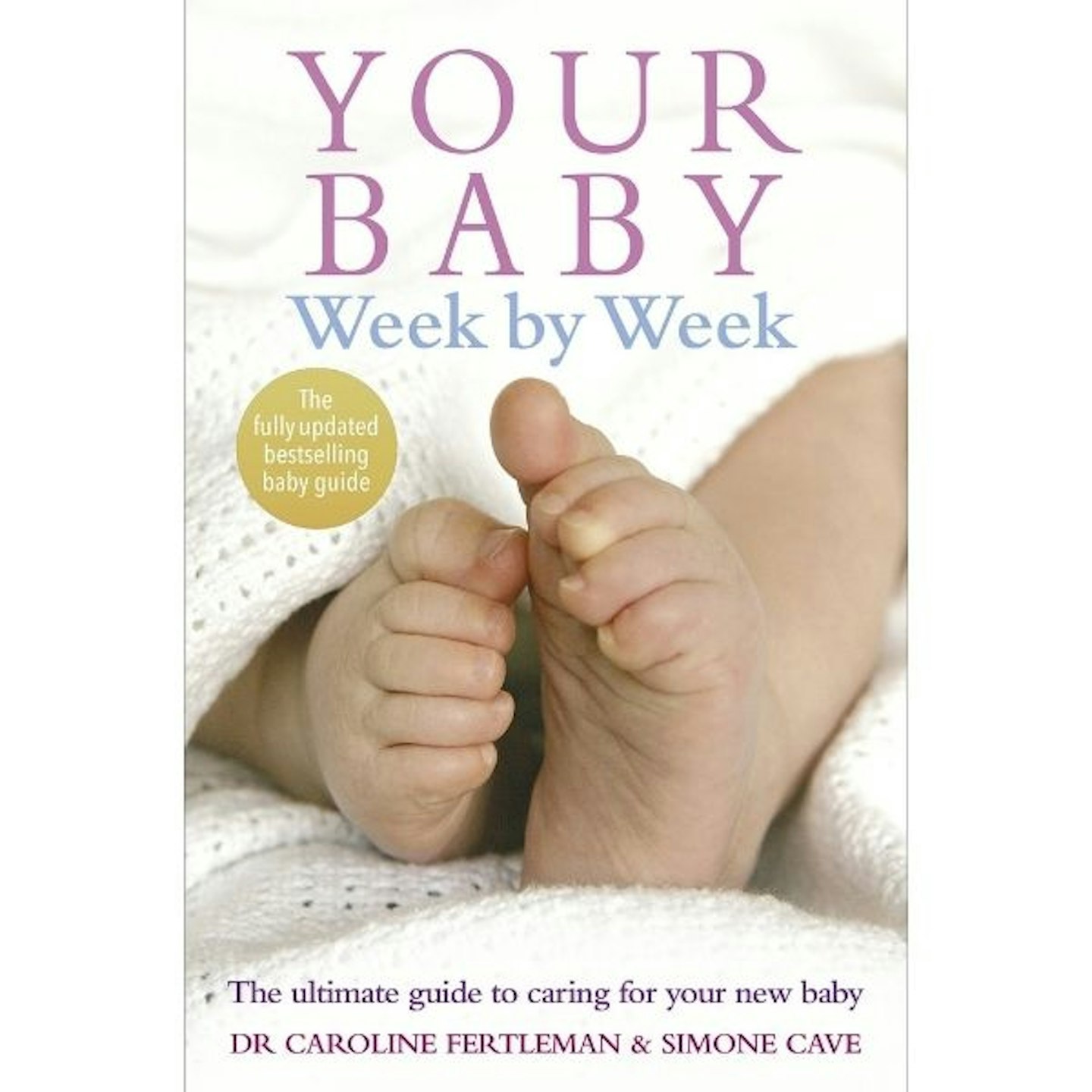 23 of 30
23 of 30Your Baby Week By Week
The book to shove in your pregnant friend's hands and tell them to only read week by week. A helpful manual of things your baby might and could be doing, week by week. As with all books, best taken with a dose of salt too – use the helpful bits, ignore the unhelpful/ones you can't quite face (i.e. the sleep bits…)
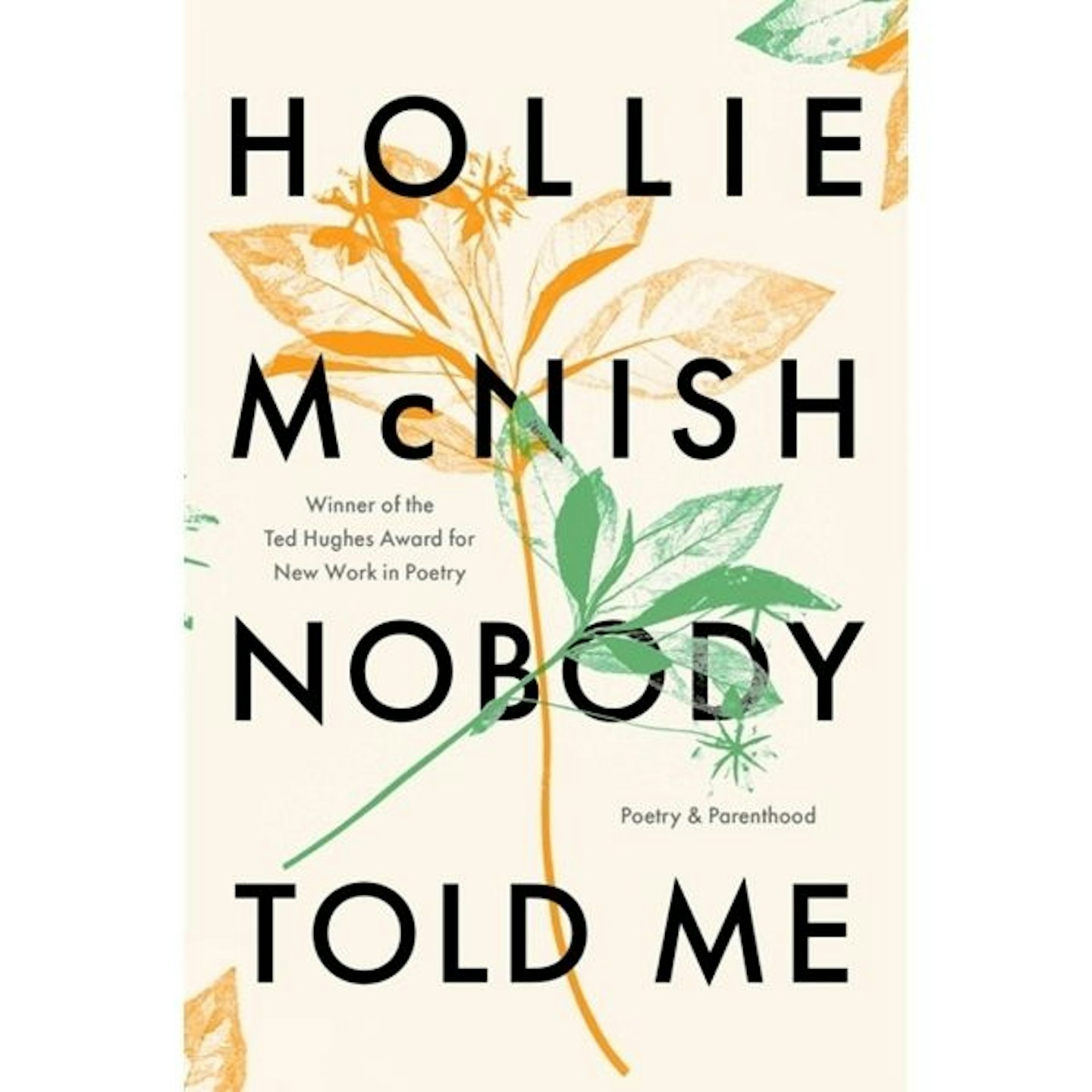 24 of 30
24 of 30Nobody Told Me
If it's weaning or sleep-training schedules you're looking for, this might not help exactly, but this book of poetry will make you smile. And probably nod your head a lot. And sometimes cry, and sometimes feel understood. Which goes much further than you'd think.
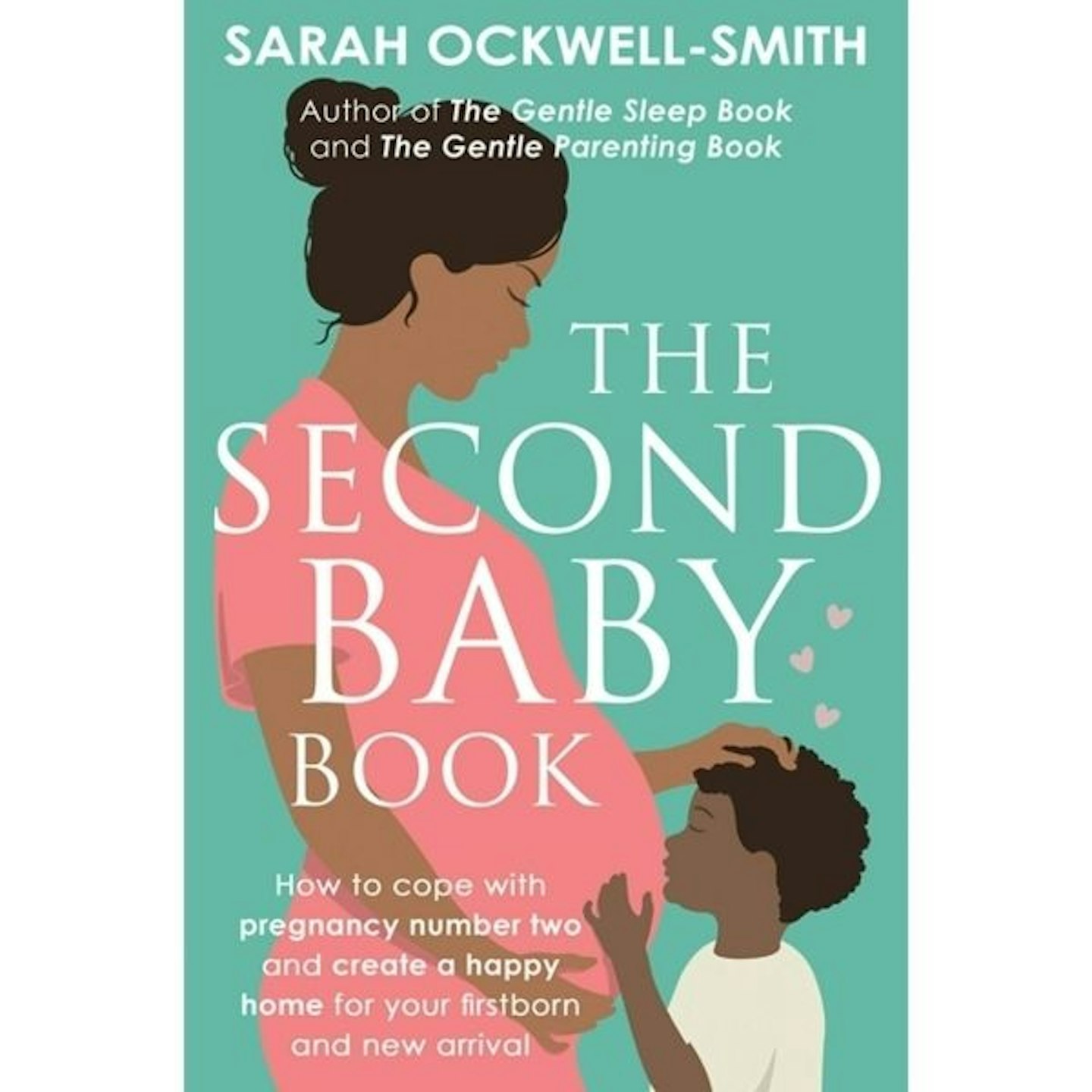 25 of 30
25 of 30The Second Baby Book, By Sarah Ockwell-Smith
This guide examines the specific issues that can arise with a second pregnancy and birth. From the common concerns about siblings, such as how to prepare your firstborn for what's to come, to how to cope with the practicalities of life with two young children. And the feelings parents are likely to experience, too - because it's easy to forget about this part.
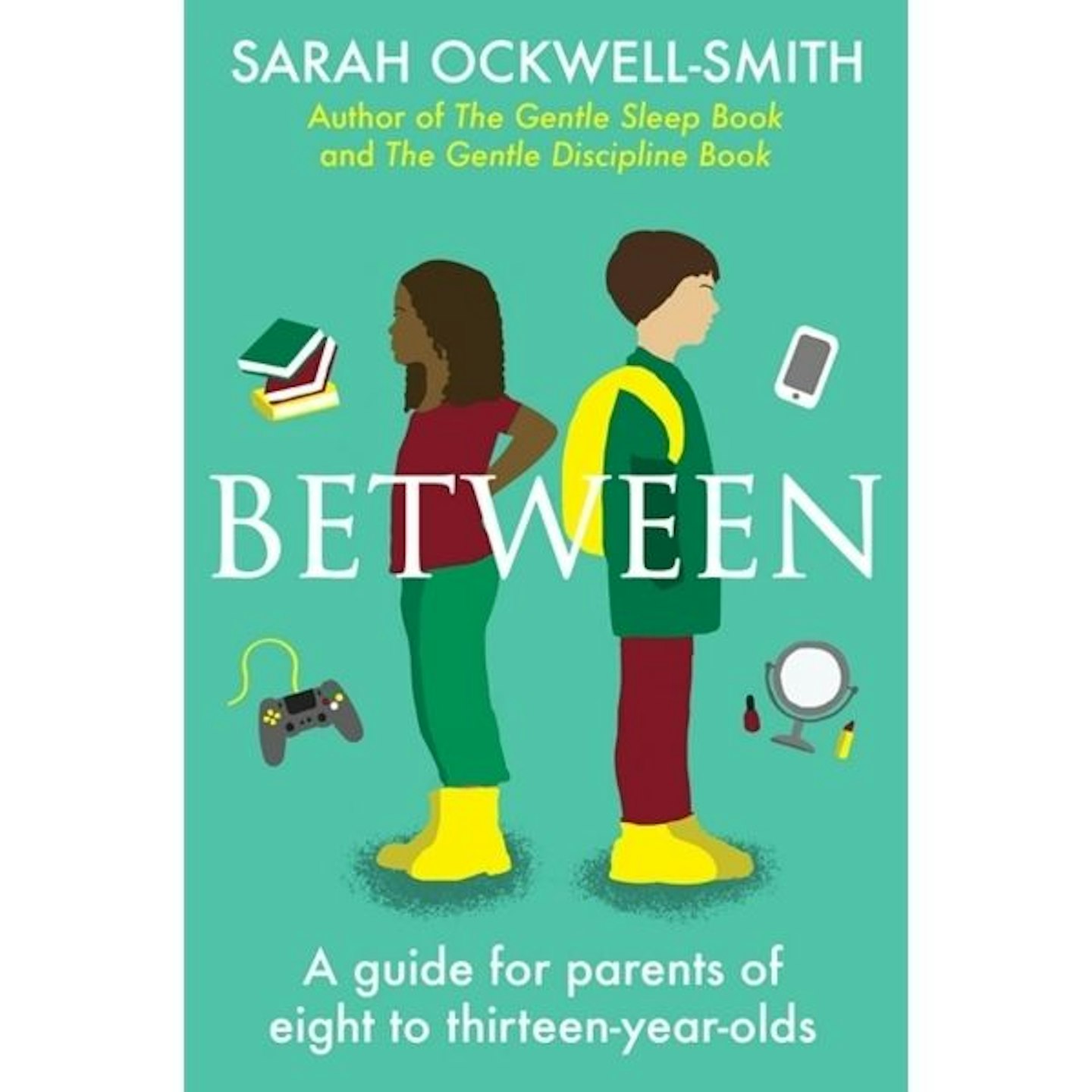 26 of 30
26 of 30Between: A guide for parents of eight to thirteen-year-olds
Raising a teenager can leave you feeling like a parenting beginner all over again. Children in the 'between' stage change daily, leaving parents struggling to understand the child they once thought they knew. In Between by parenting expert Sarah Ockwell-Smith uses biology, psychology and sociology of adolescence to give readers practical parenting advice that you can use to help your child through the tricky transition from childhood to adulthood.
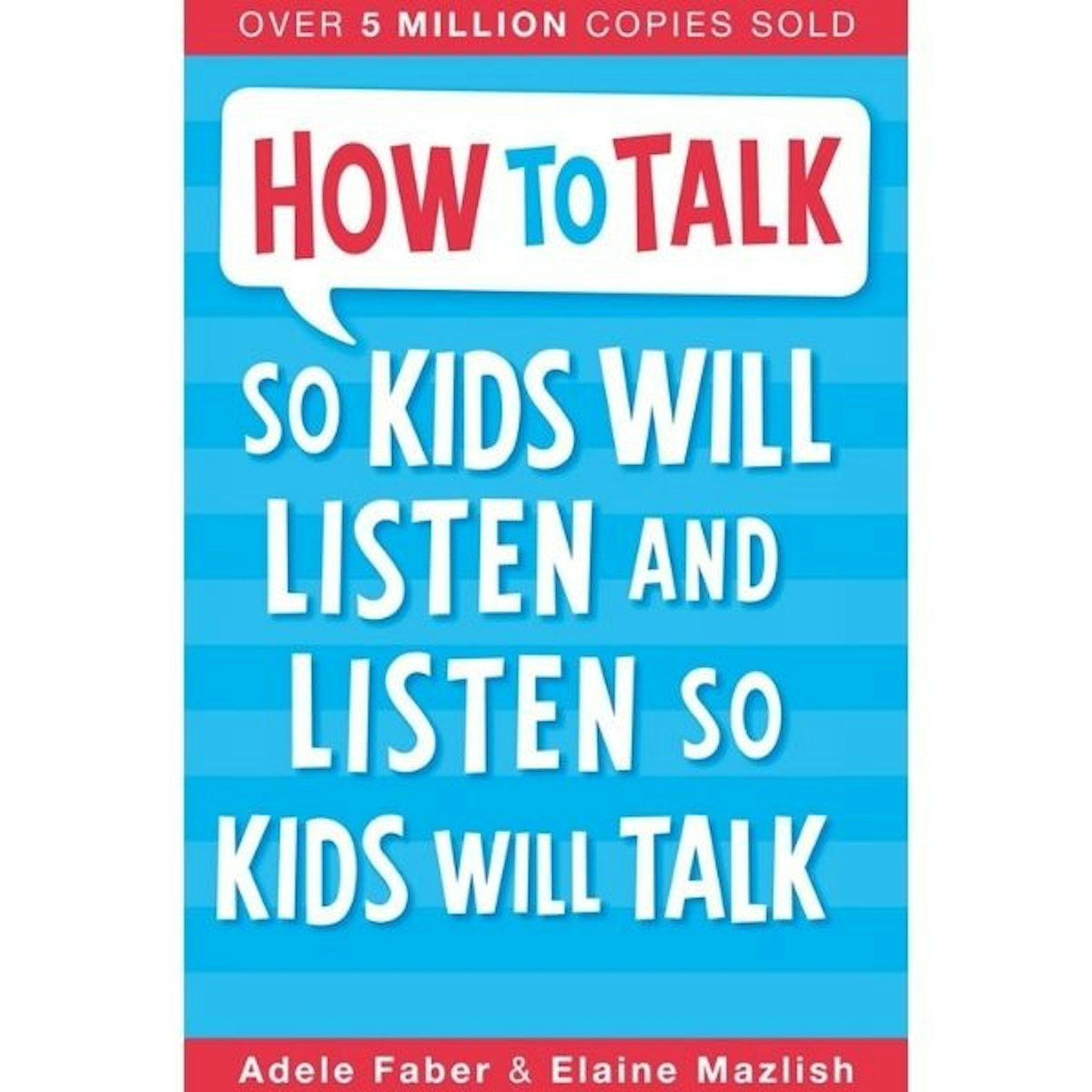 27 of 30
27 of 30How to Talk so Kids Will Listen and Listen so Kids Will Talk
Parenting experts Adele Faber and Elaine Mazlish provide effective step-by-step techniques to help you improve and enrich your relationships with your children. Read this guide to learn how to break a pattern of arguments, cope with your child's negative feelings, engage your child's co-operation, set clear limits, express your anger without being hurtful and resolve family conflicts peacefully.
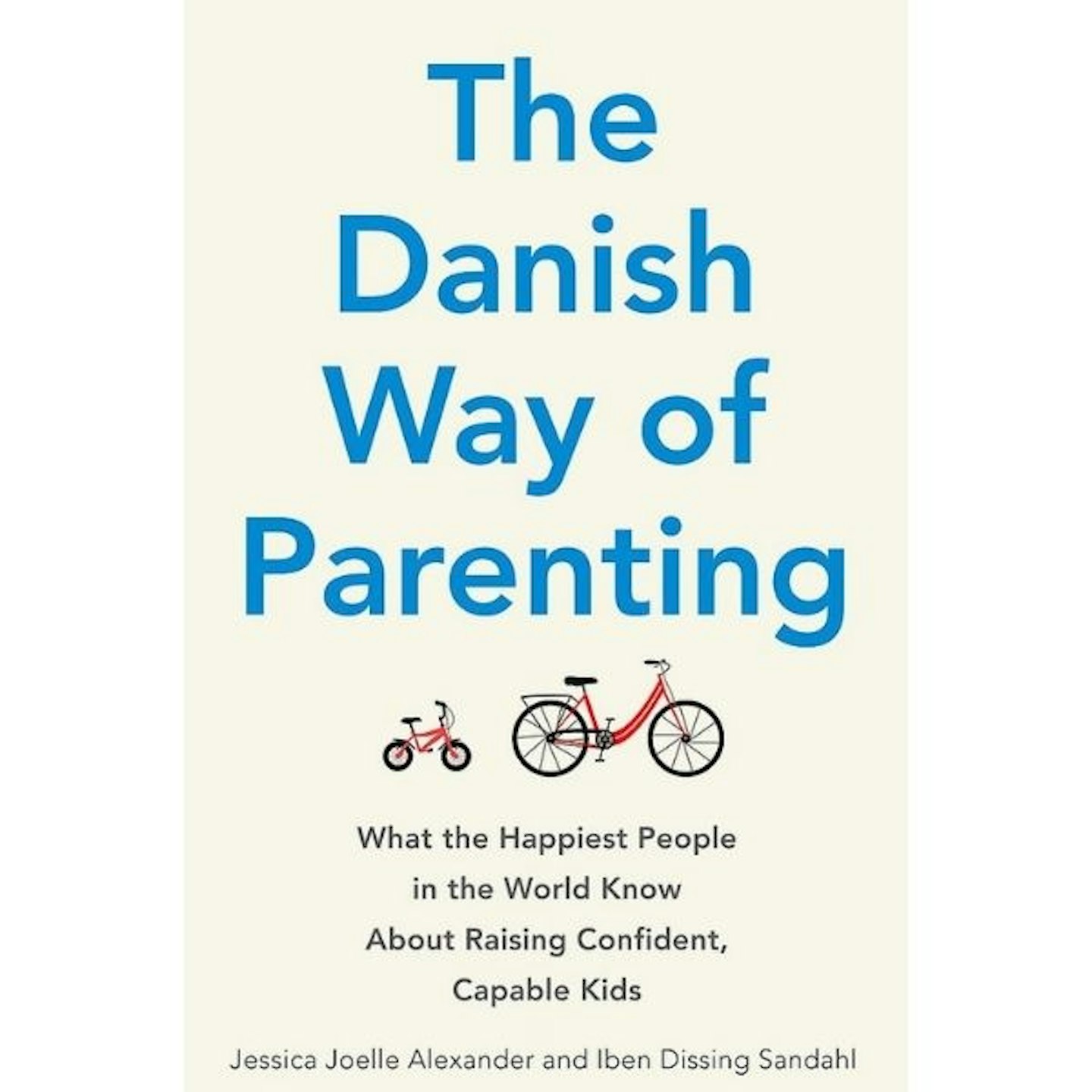 28 of 30
28 of 30The Danish Way Of Parenting
What makes Denmark the happiest country in the world, and how do Danish parents raise happy, confident, successful kids, year after year? This upbeat and practical guide reveals the six essential principles that have been working for parents in Denmark for decades:
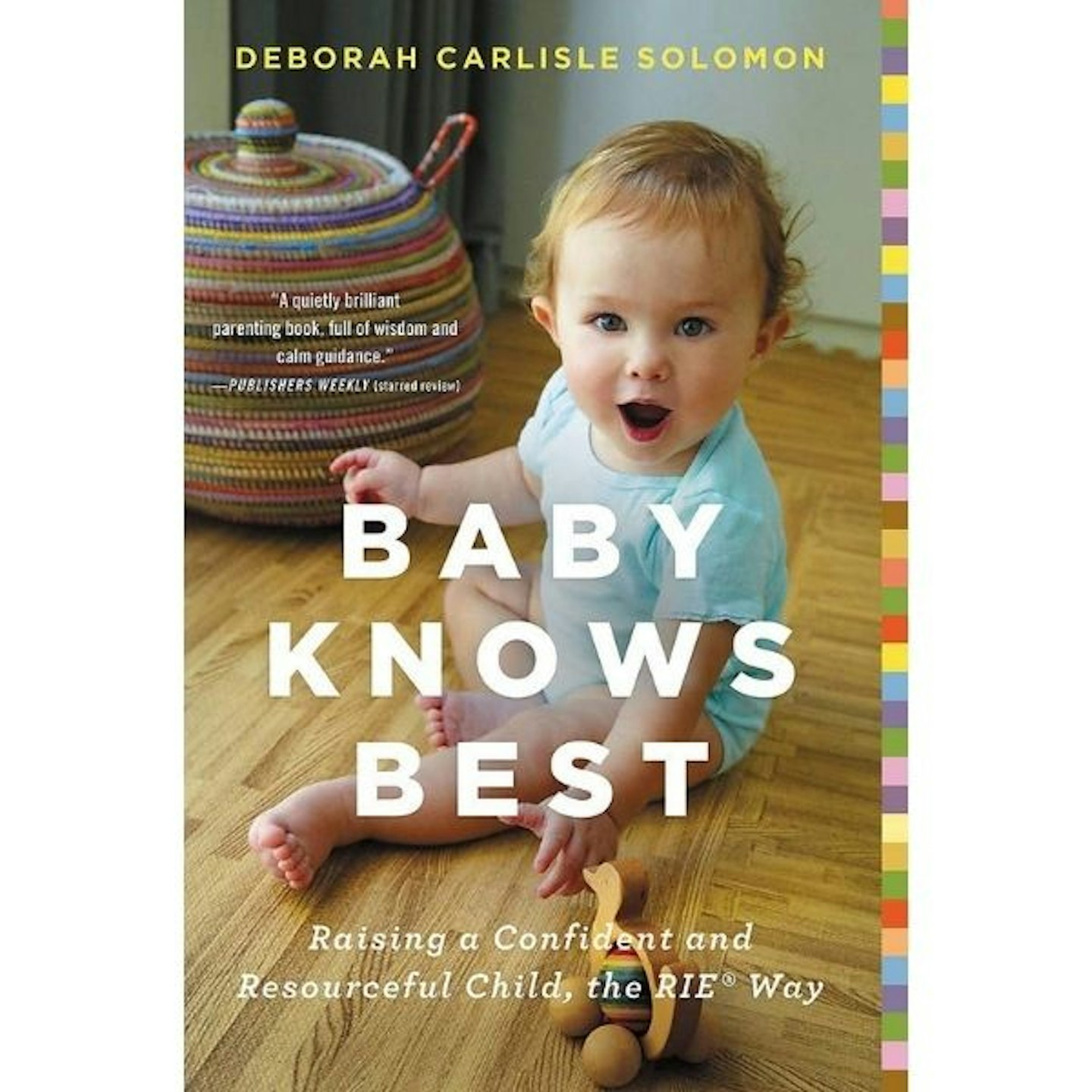 29 of 30
29 of 30Baby Knows Best
Baby Knows Best is a comprehensive guide that shows parents how to respond to their babies' cues and signals; how to develop healthy sleep habits, why babies need uninterrupted playtime and how to set clear consistent limits. After reading as parents you will be more relaxed and also have more confident, self-reliant children.
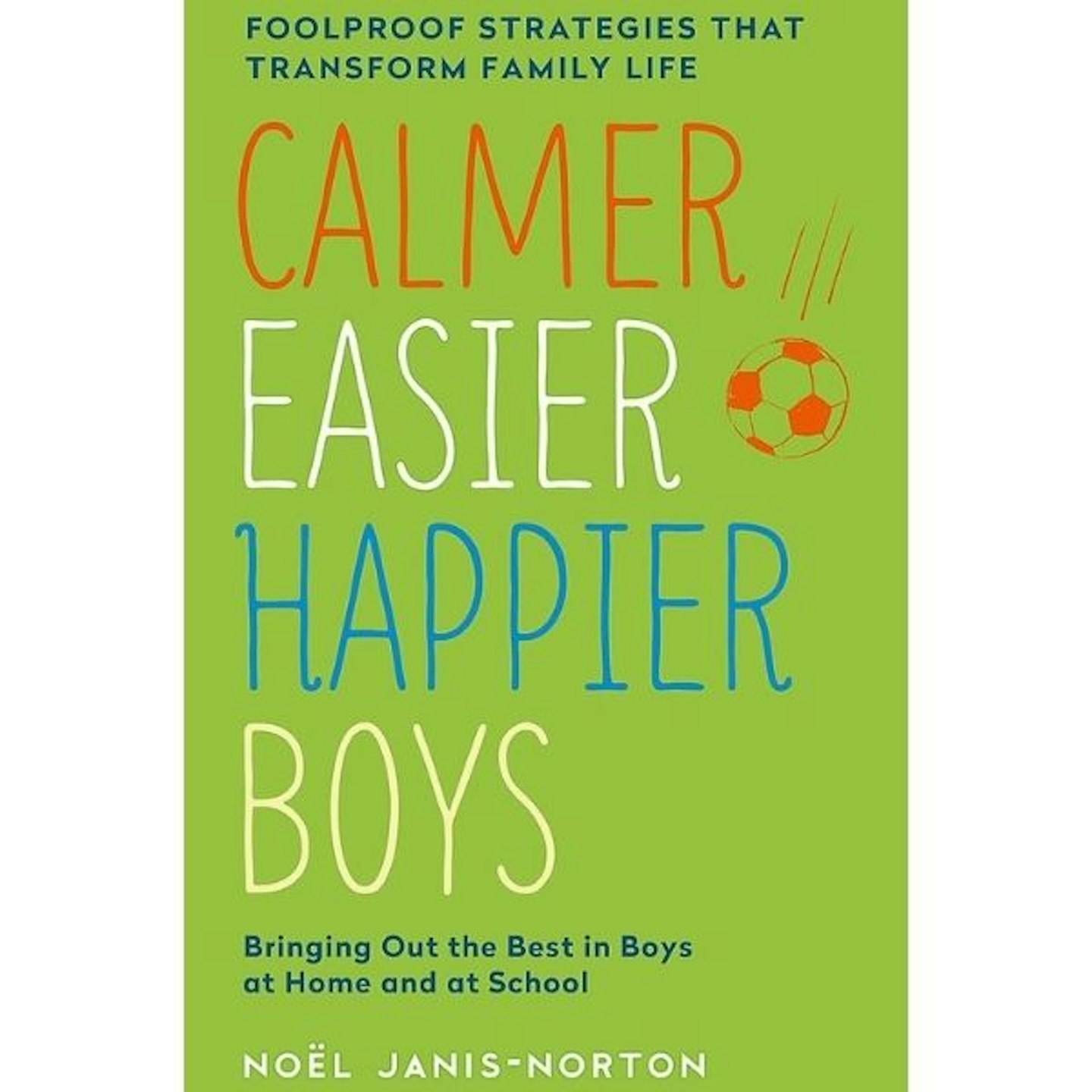 30 of 30
30 of 30Calmer, Easier, Happier Boys
Calmer Easier Happier Boys sees parenting expert Noel Janis-Norton explains simple strategies for the unique challenges of raising motivated, cooperative and confident boys. Using the stellar techniques Noel has developed over many years of working with families, parents can get back in charge. Living with boys can become calmer, easier and happier.
